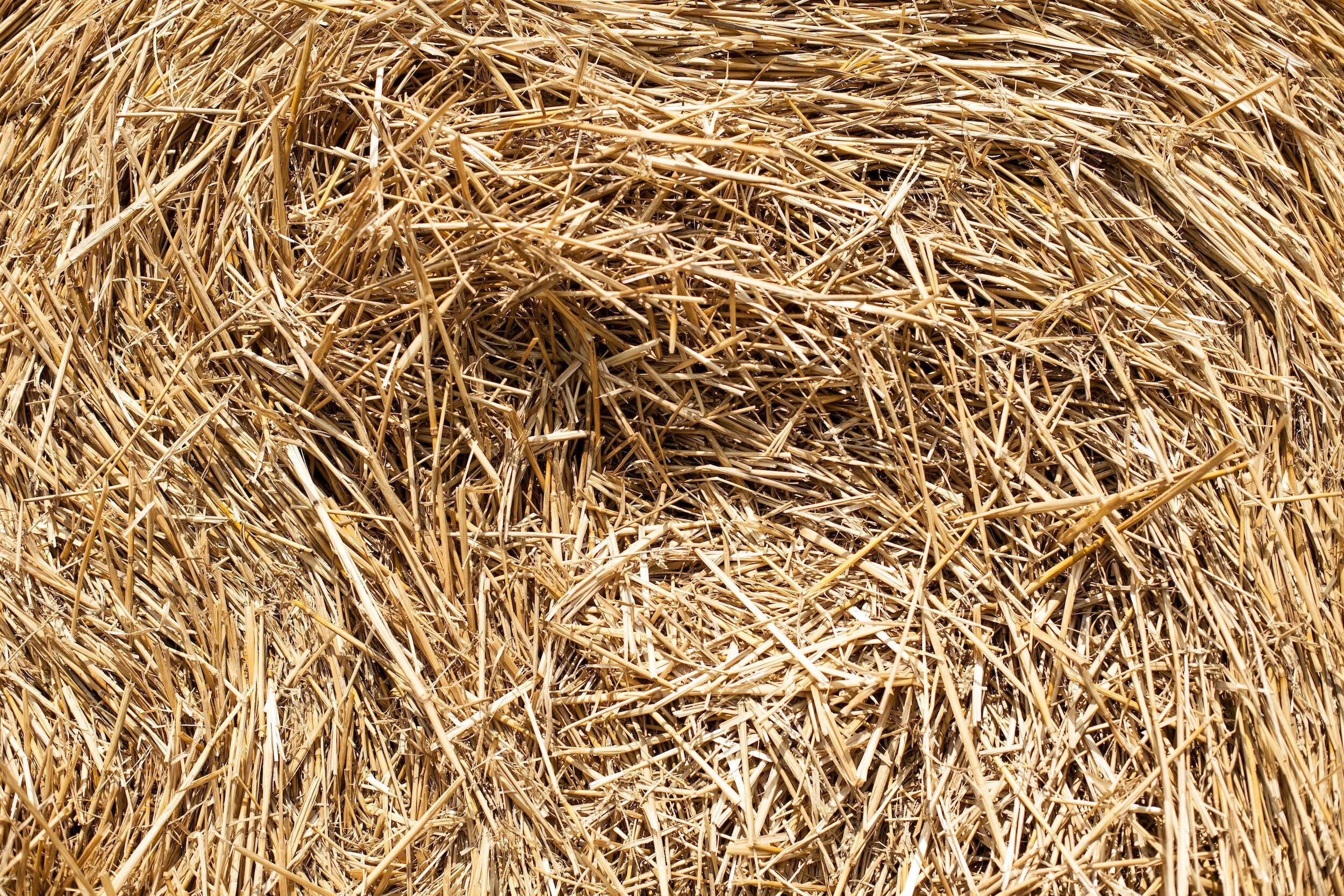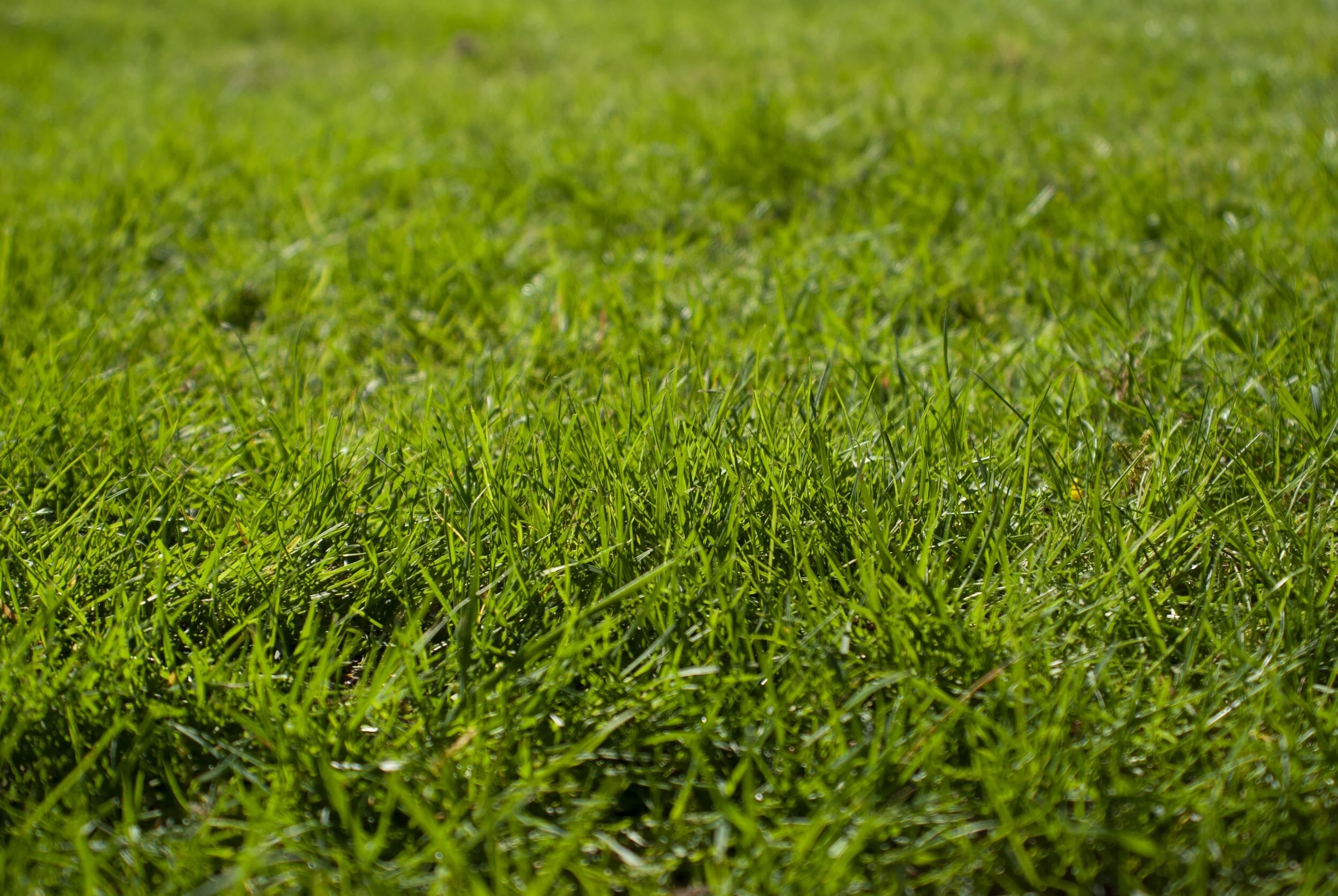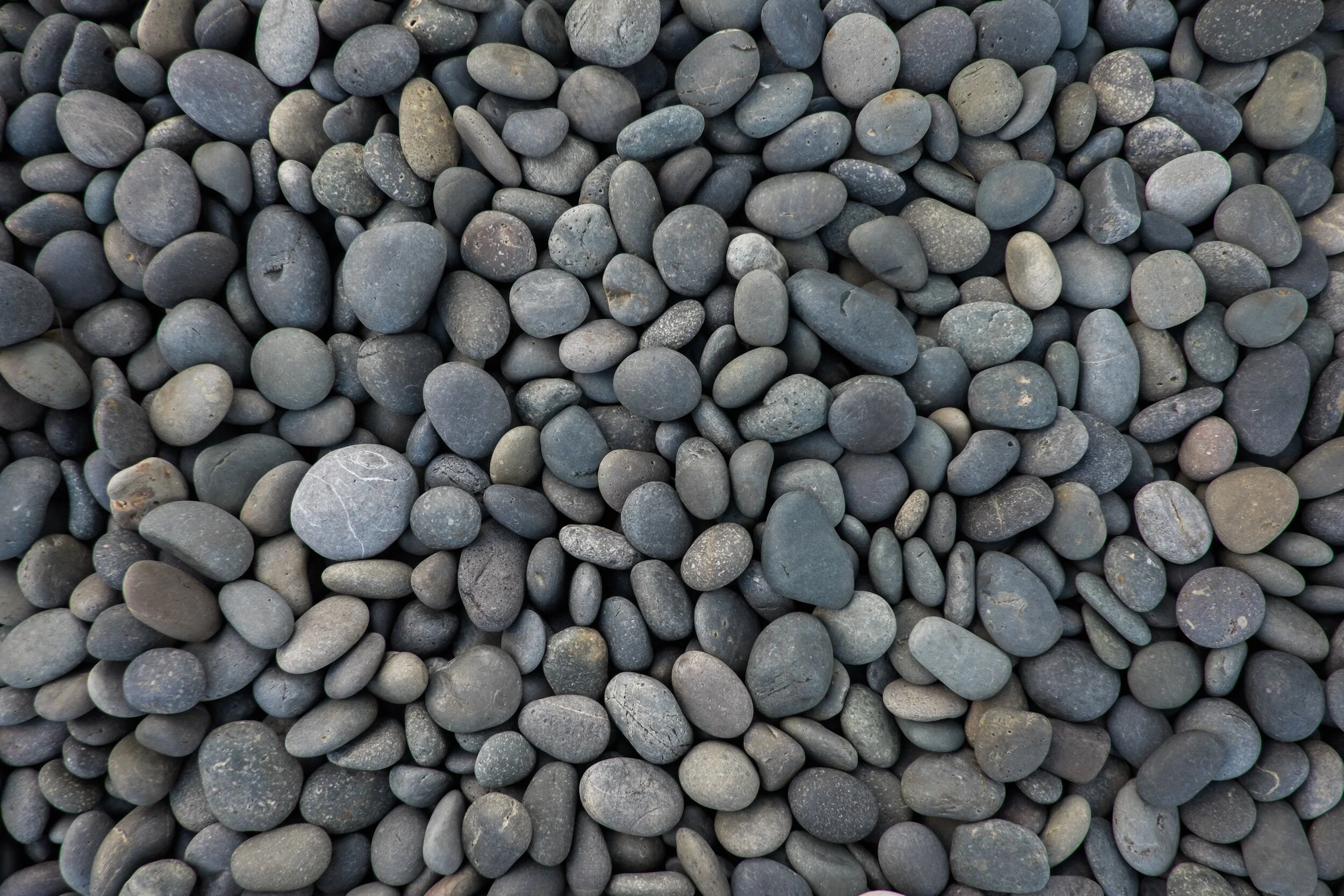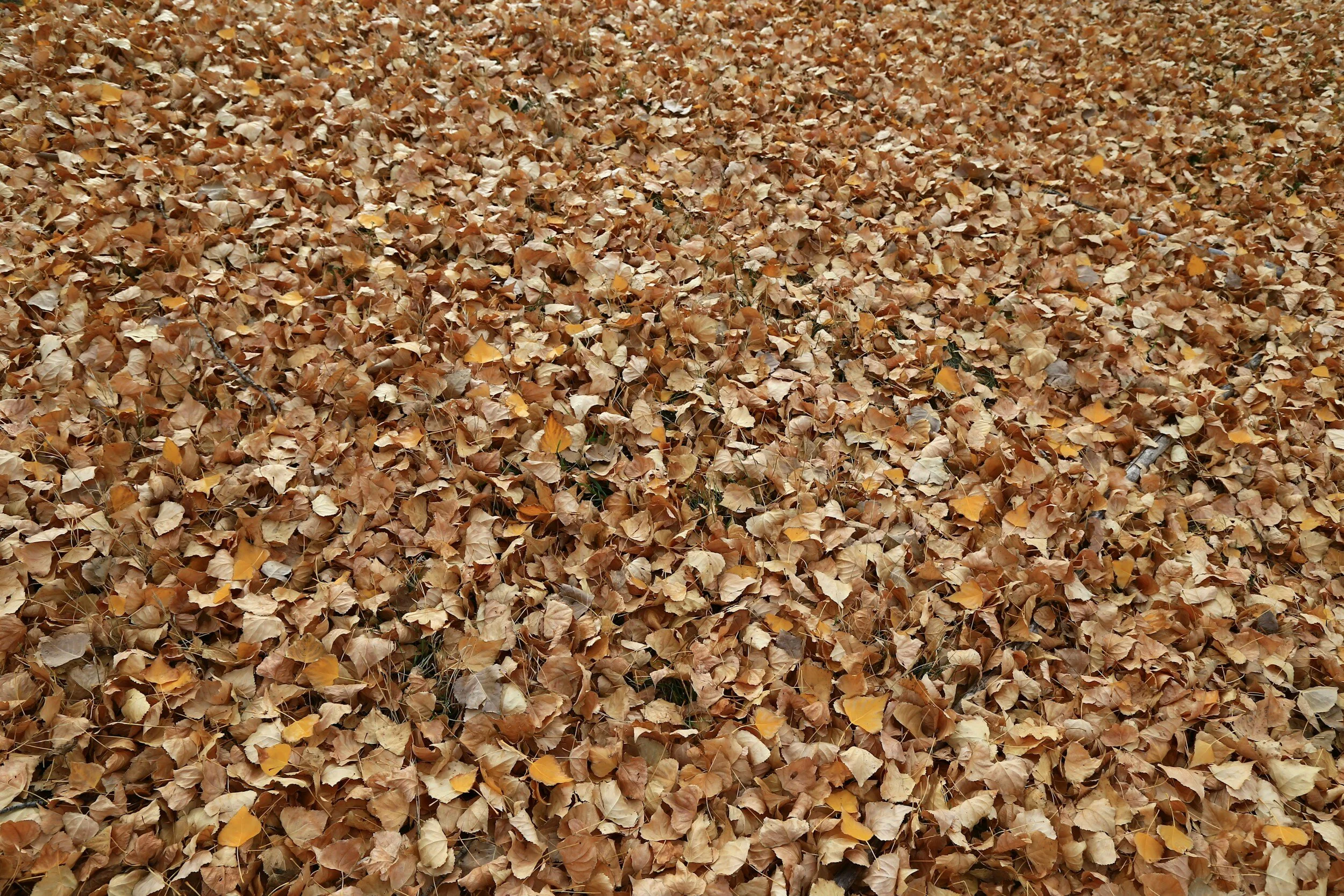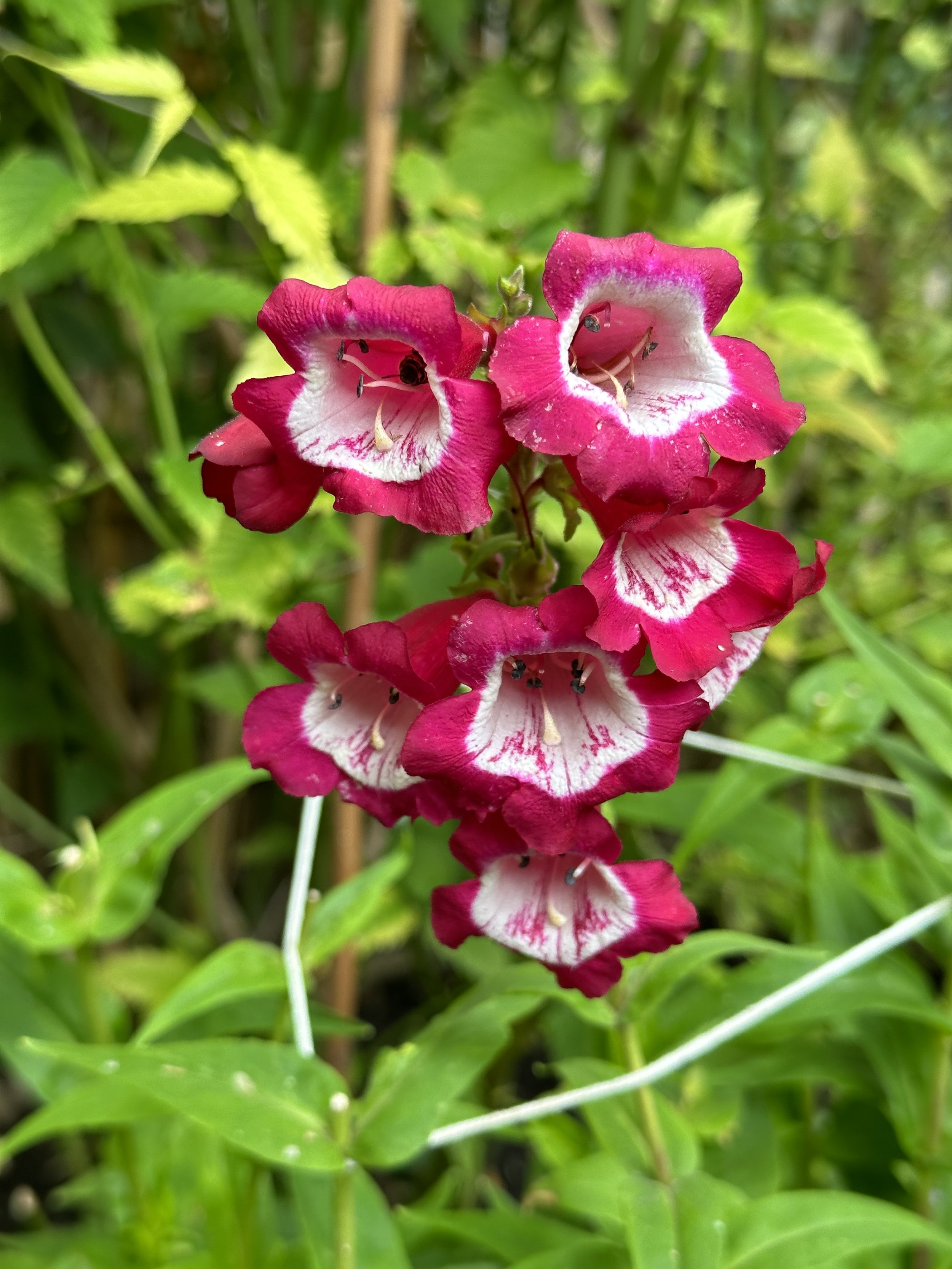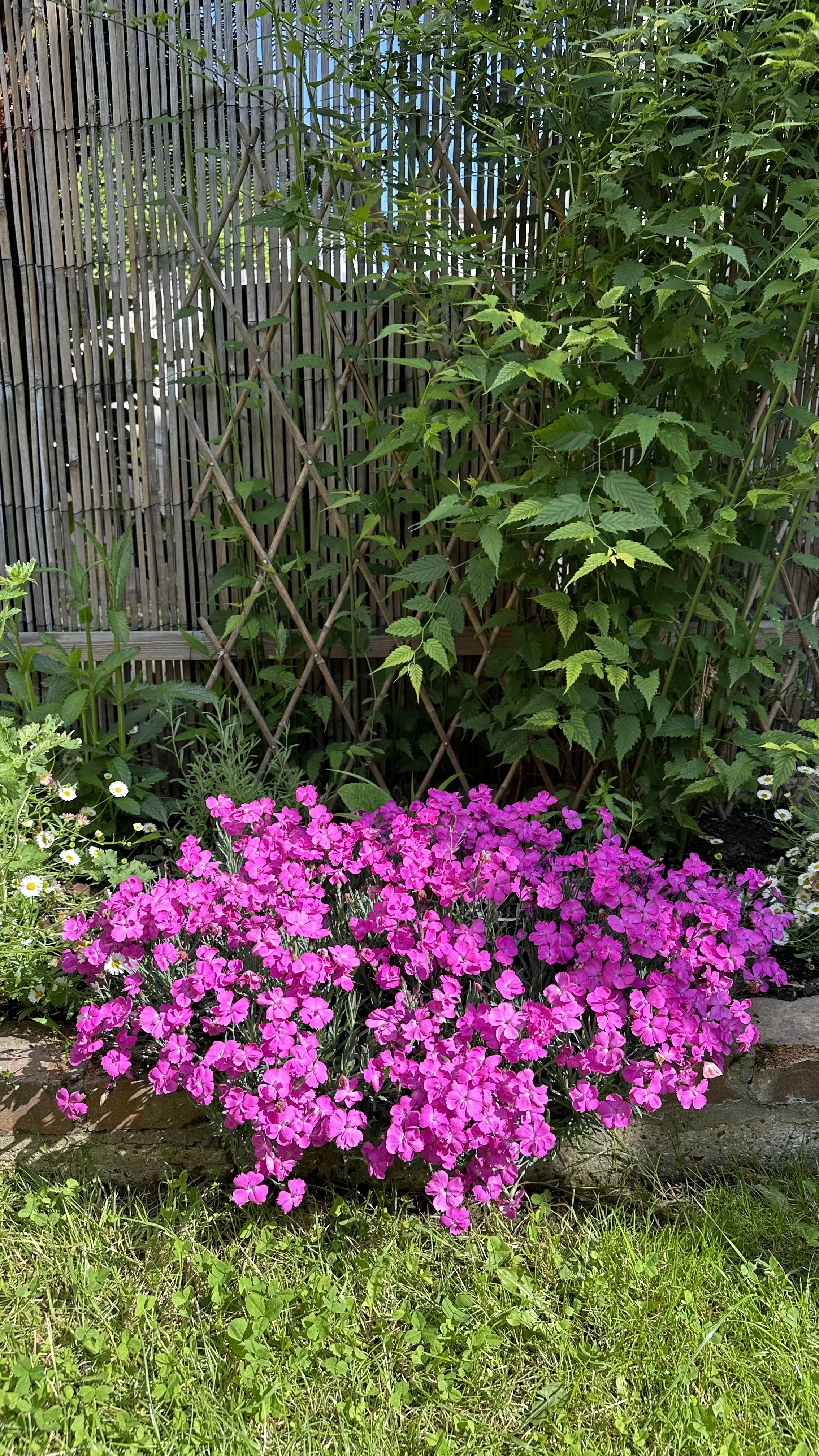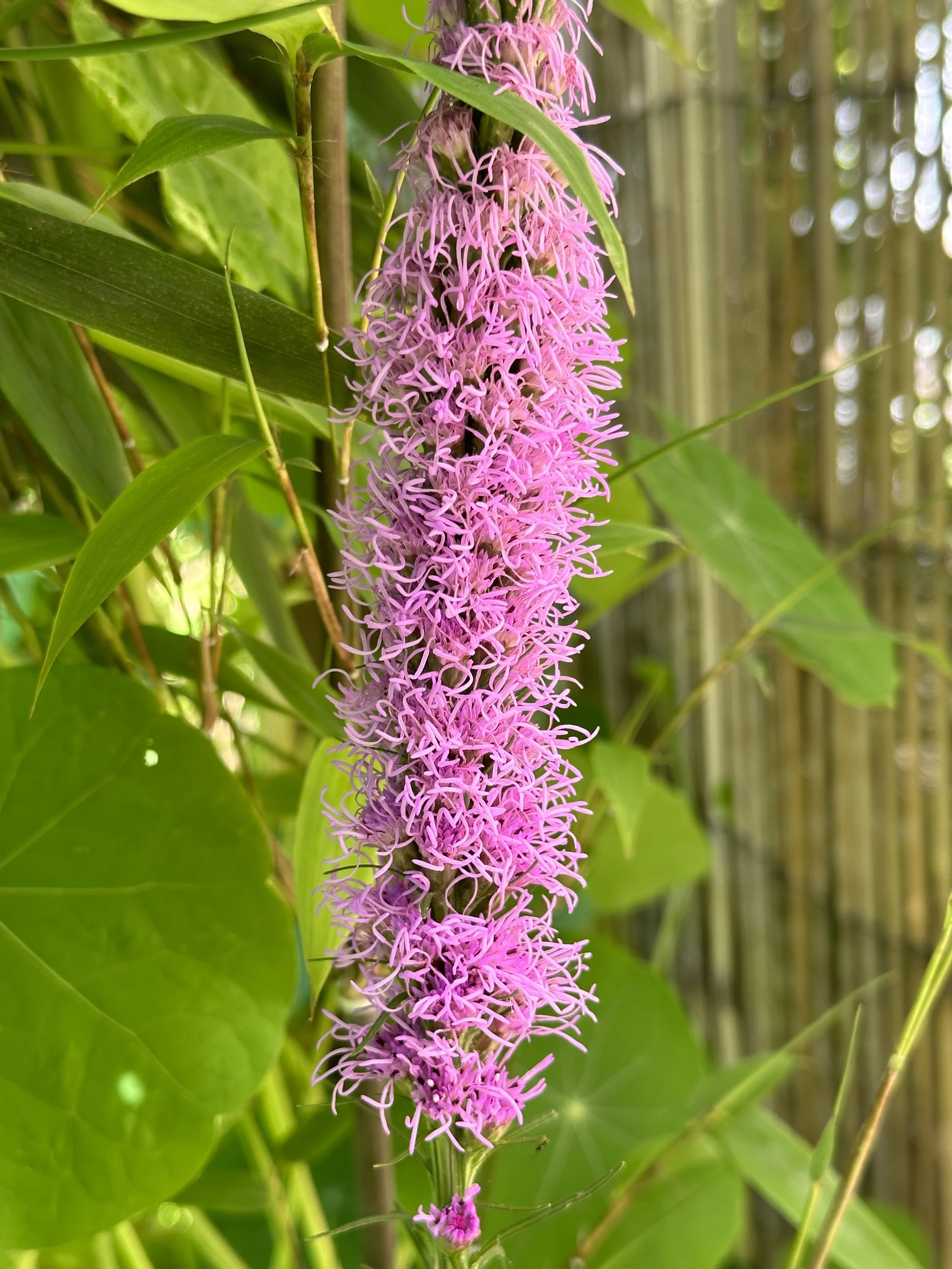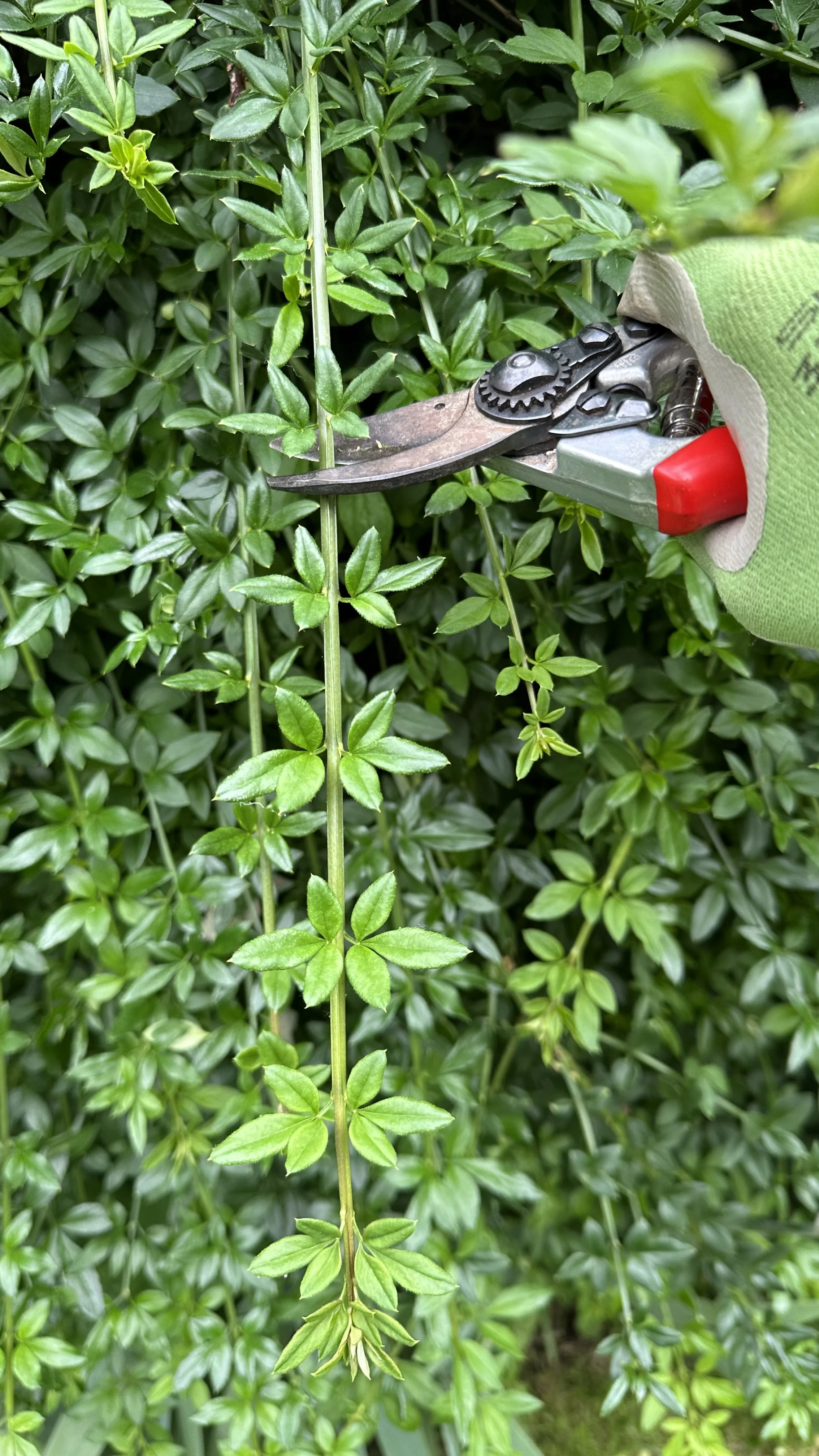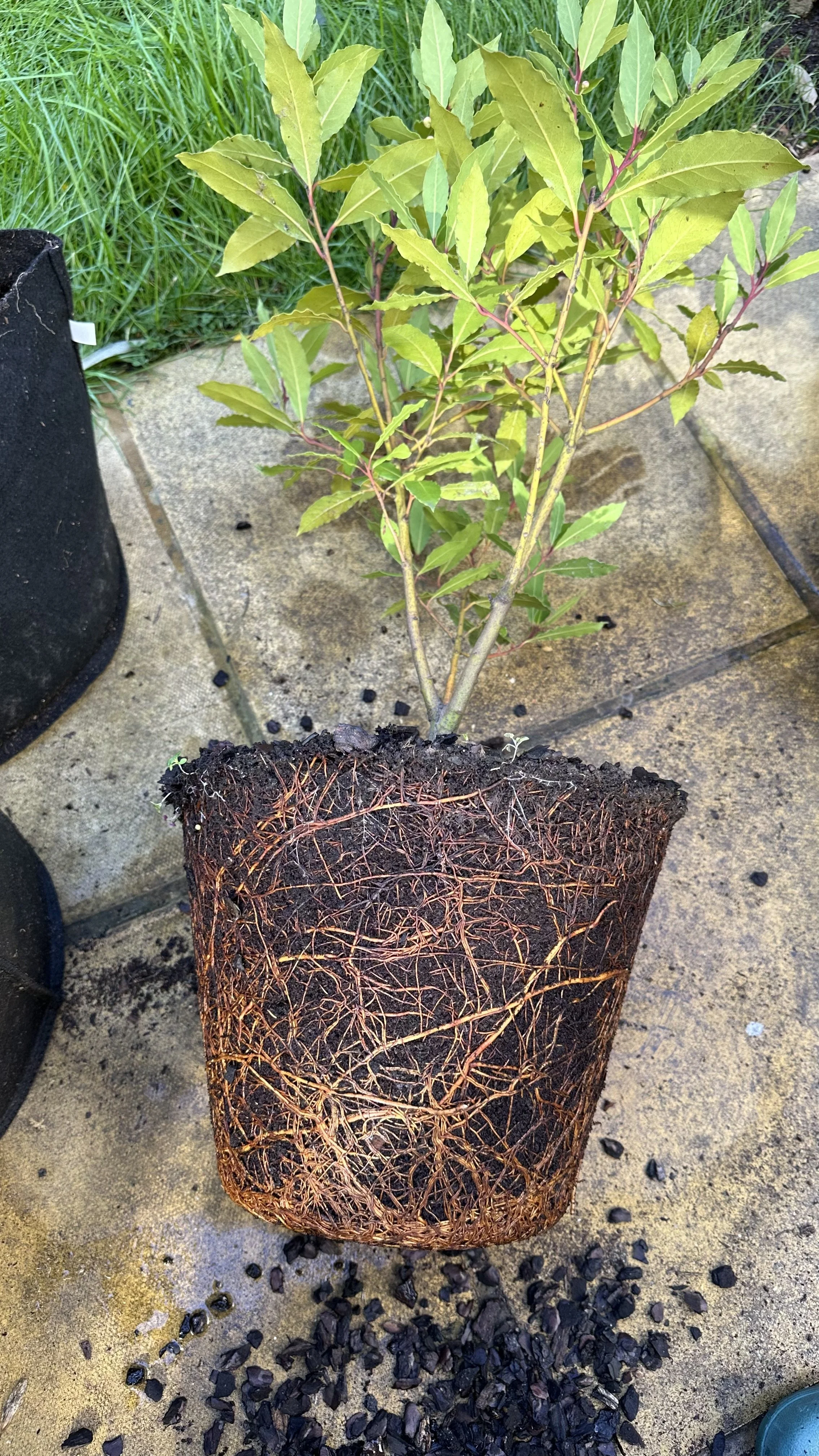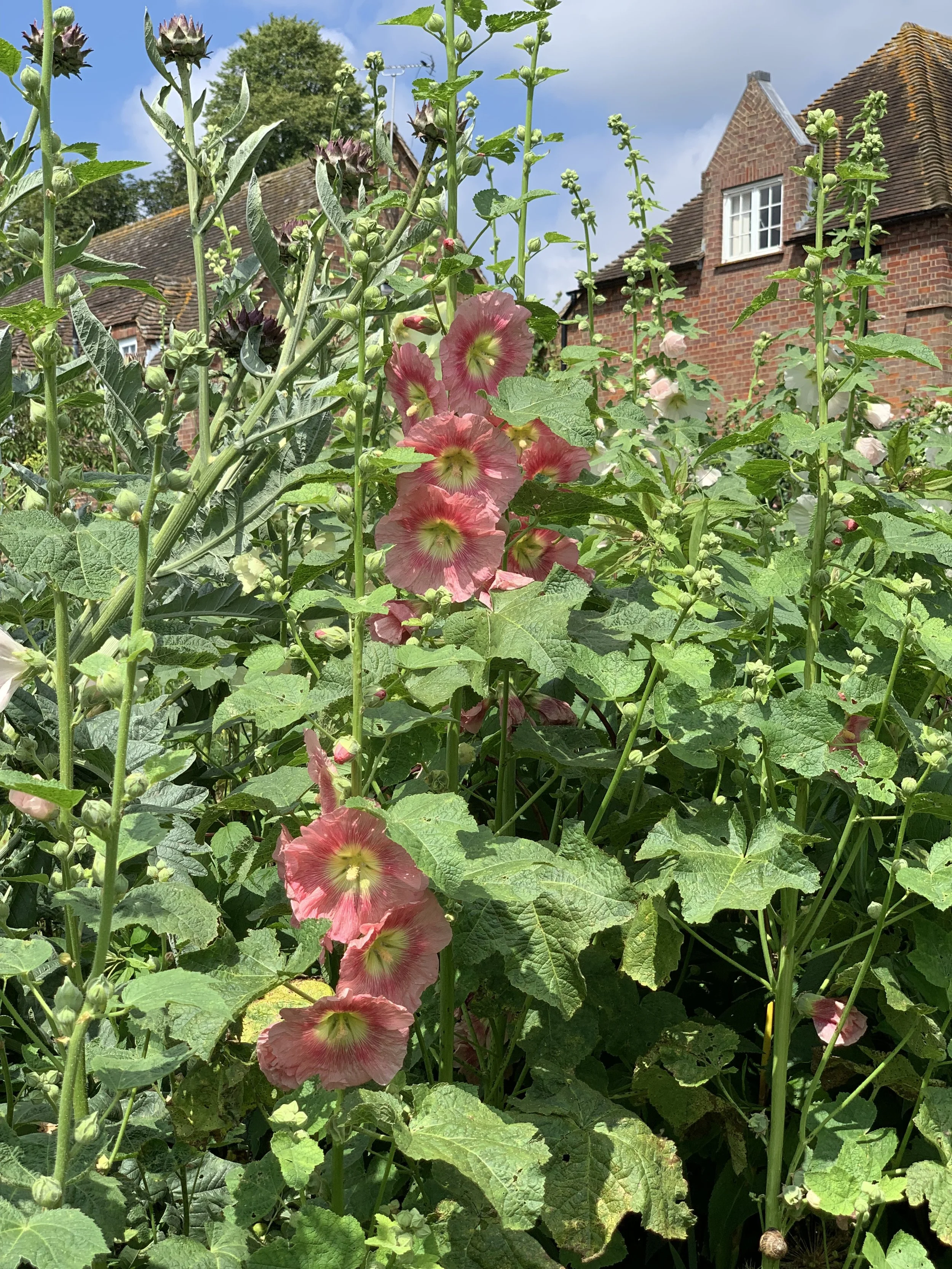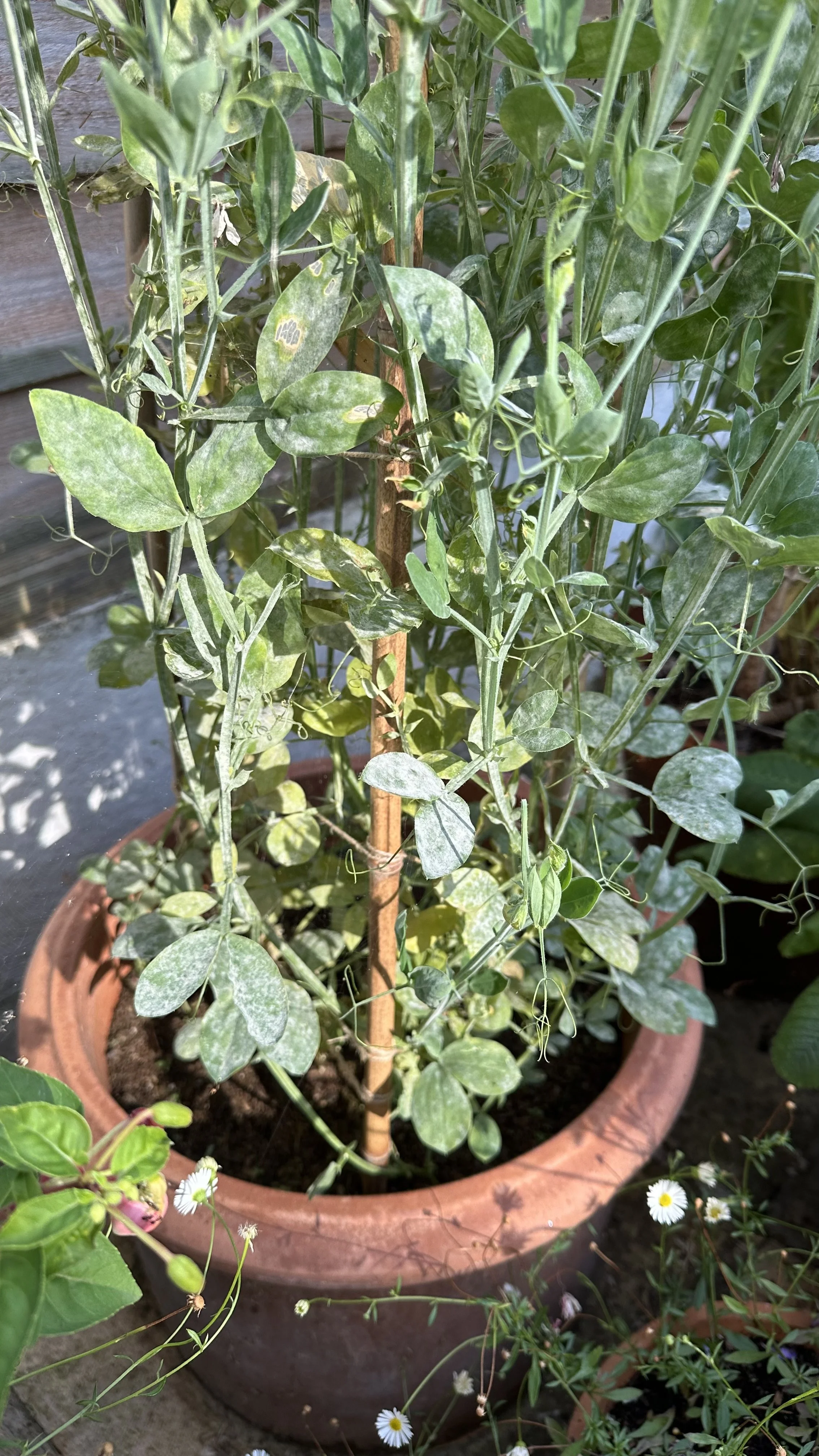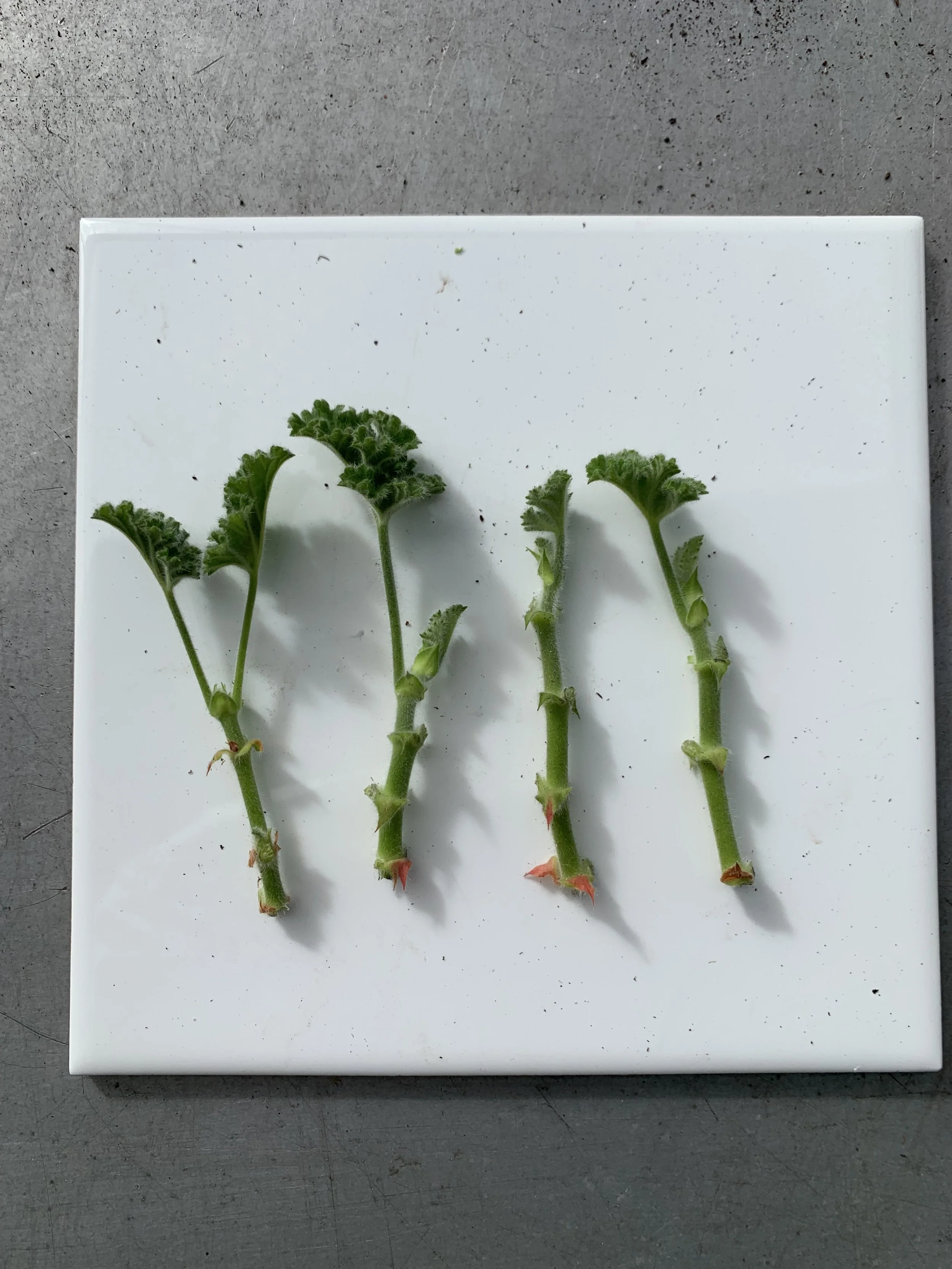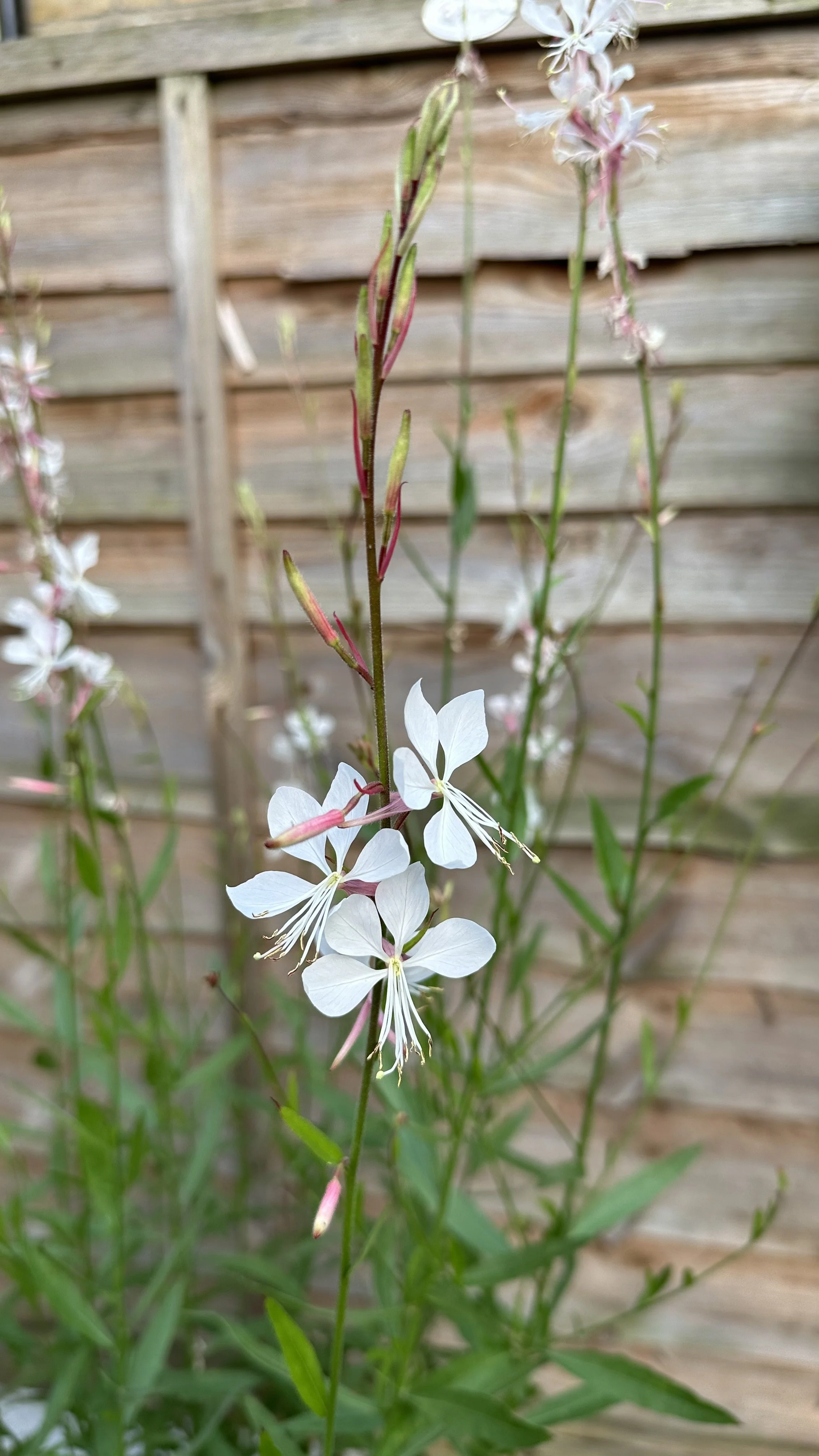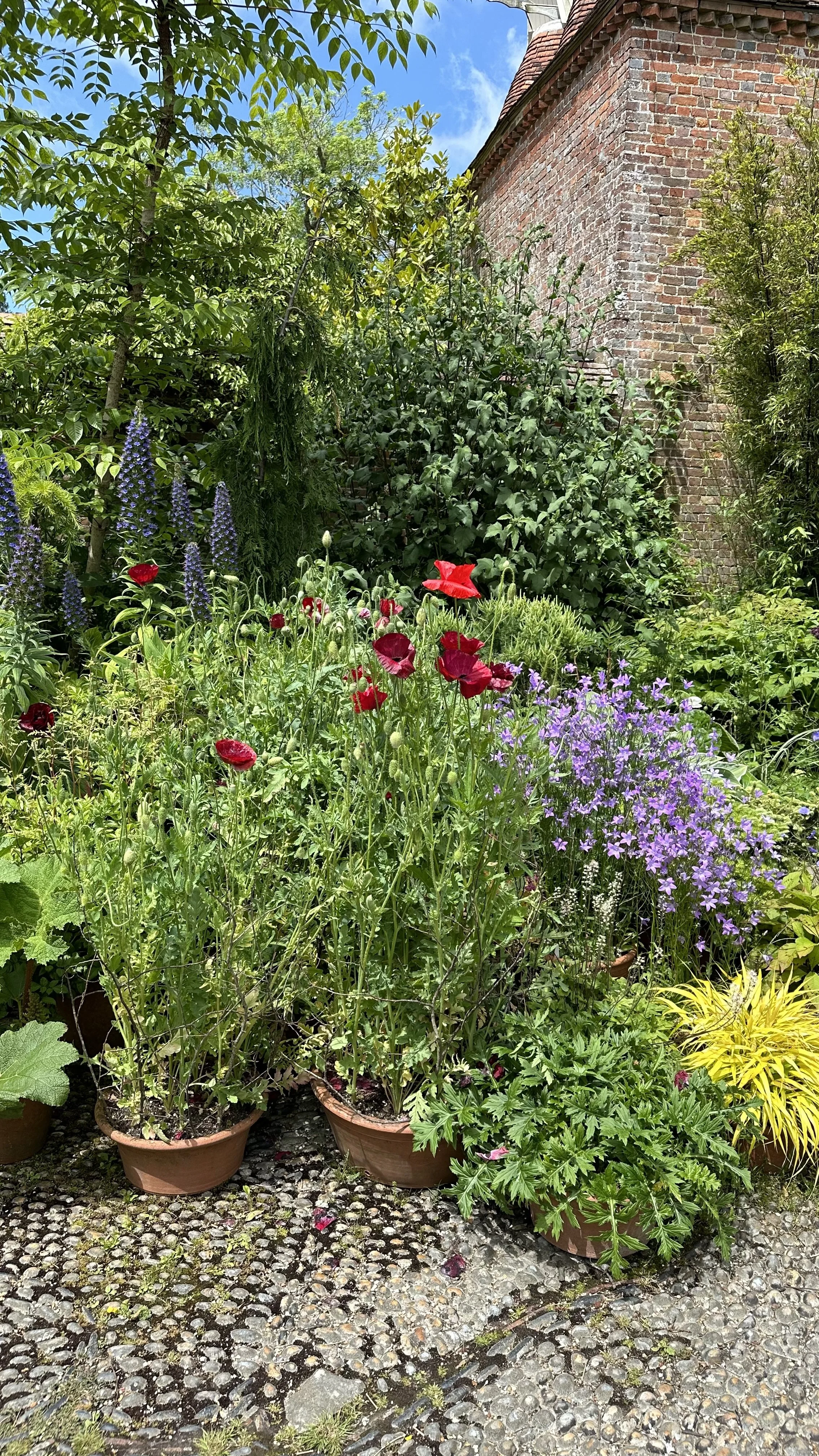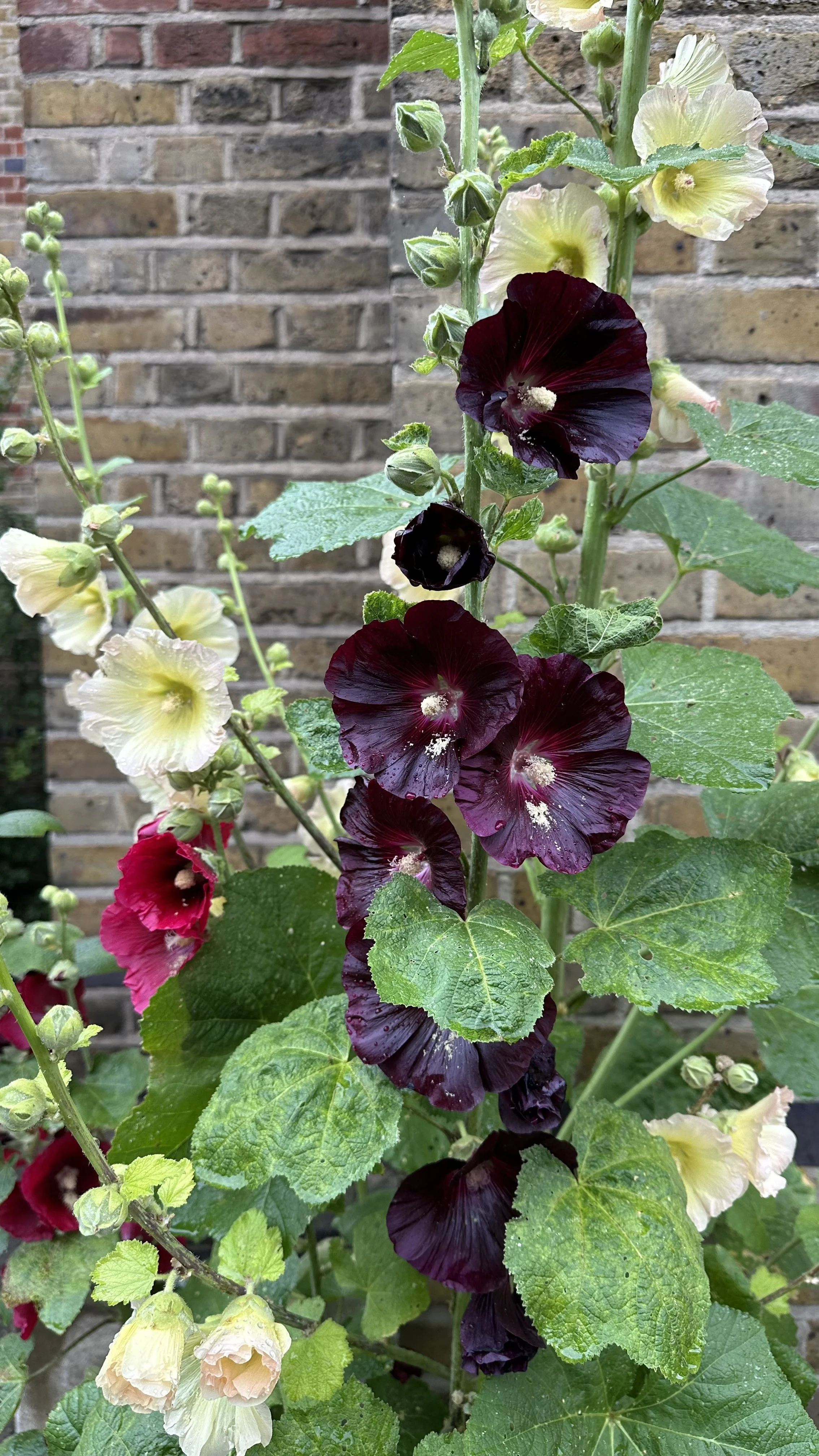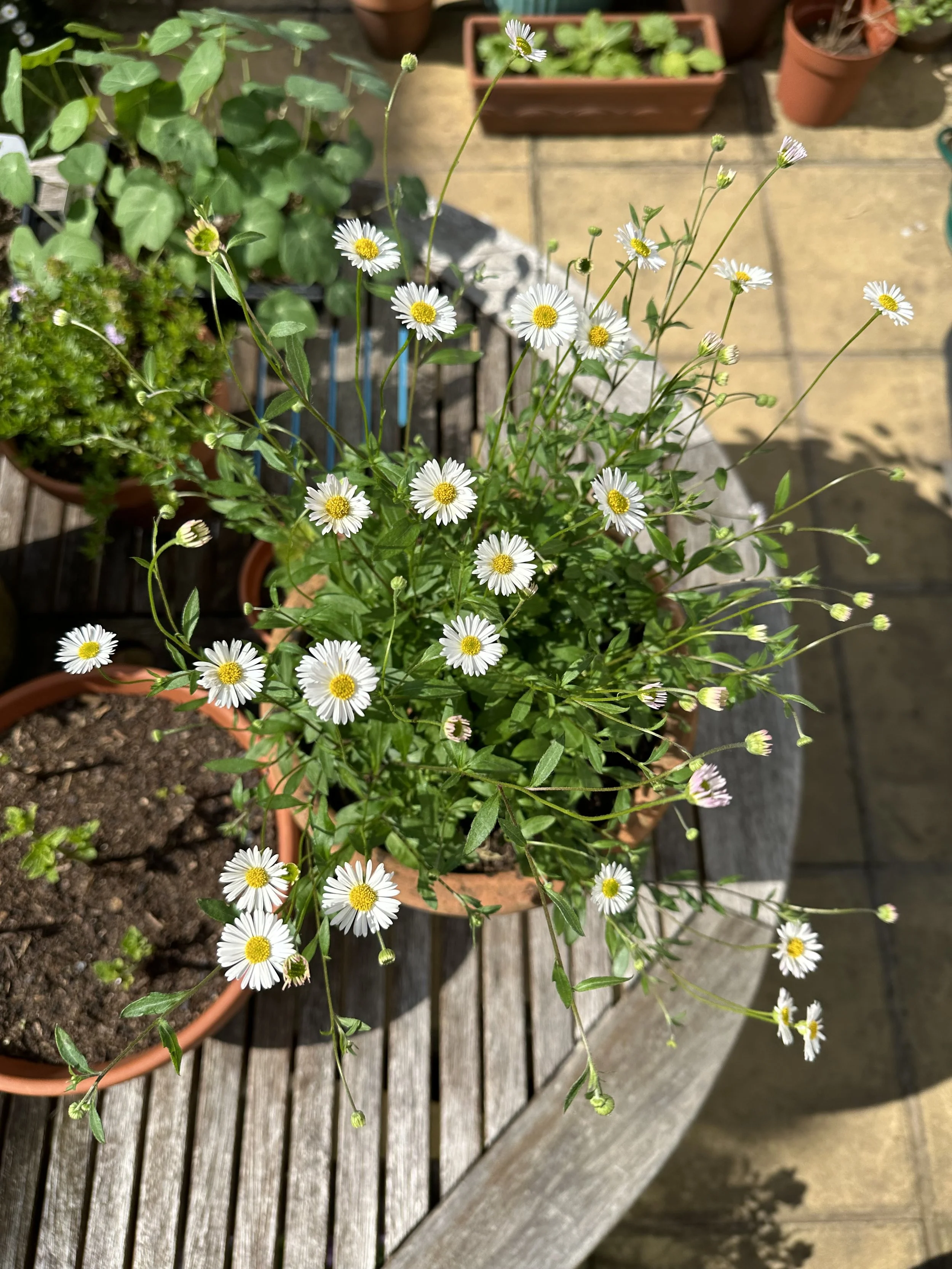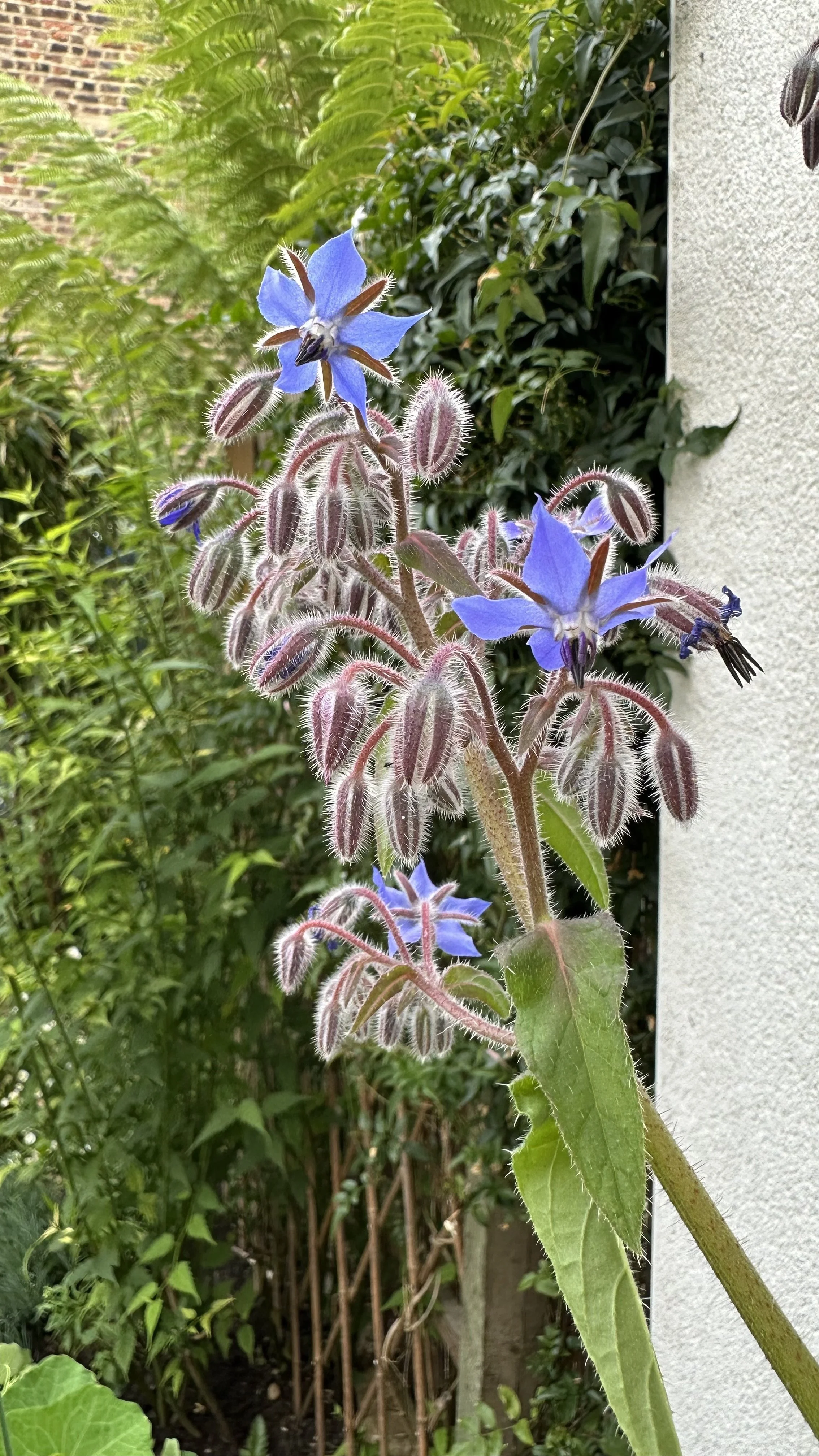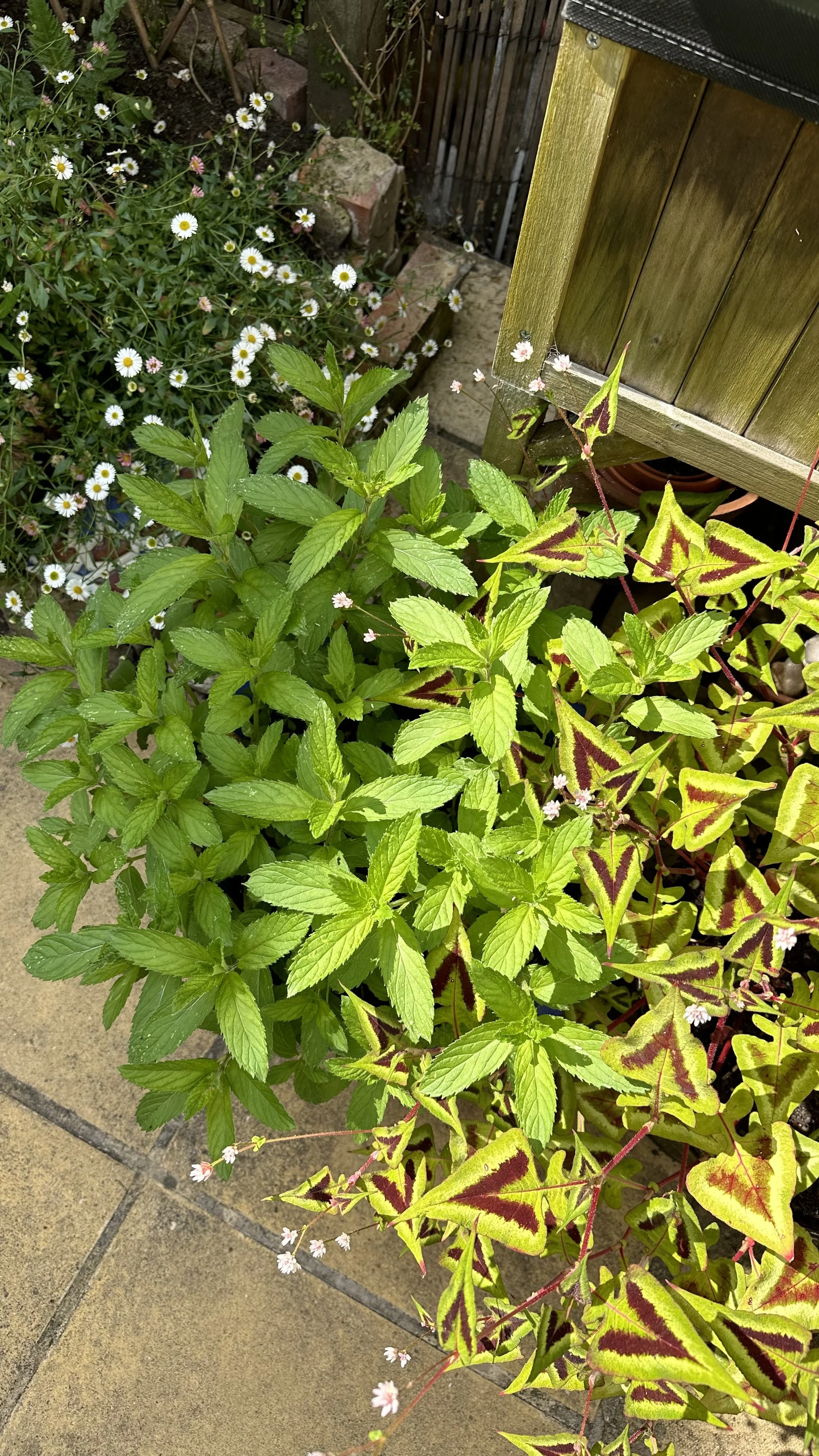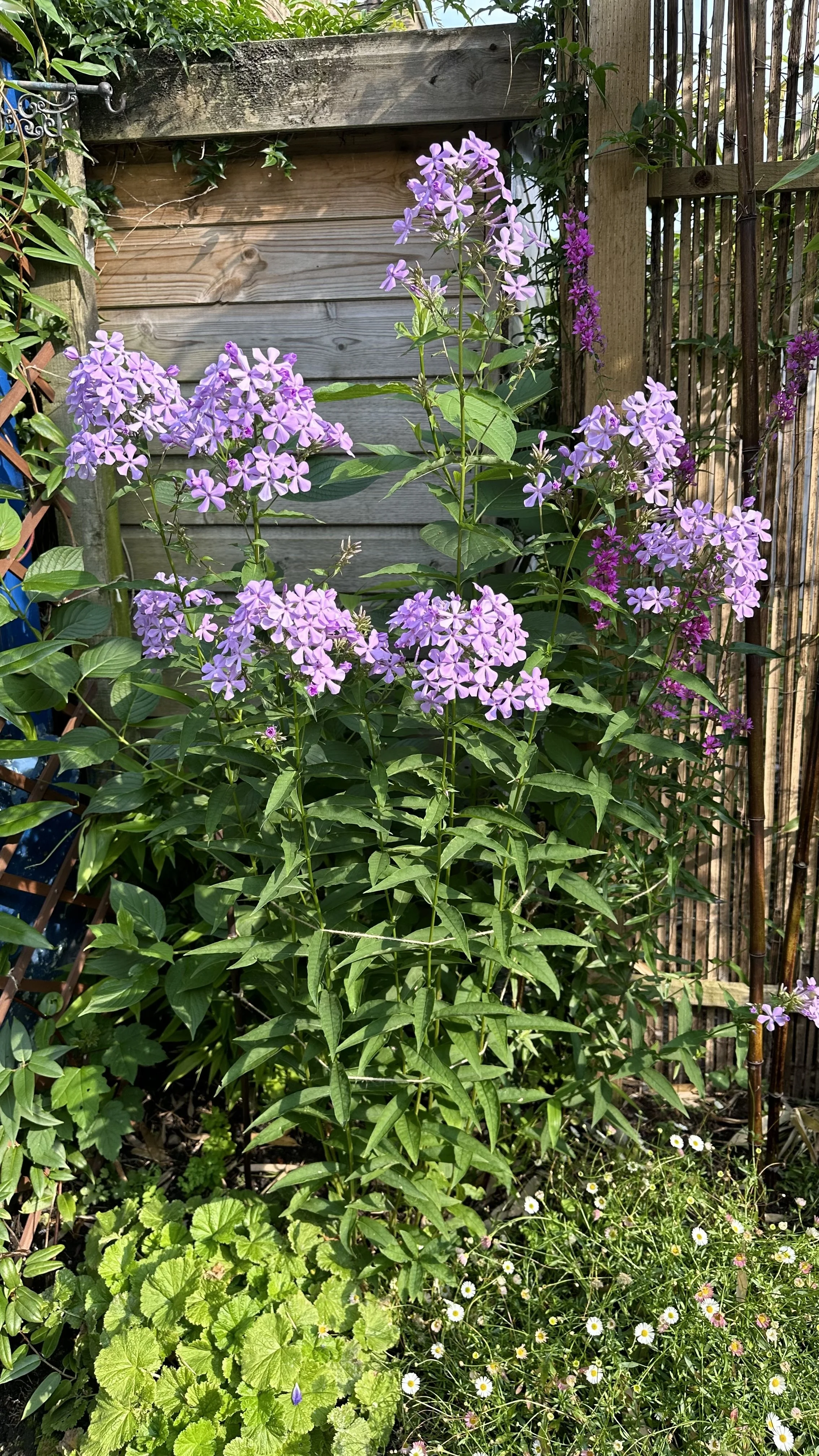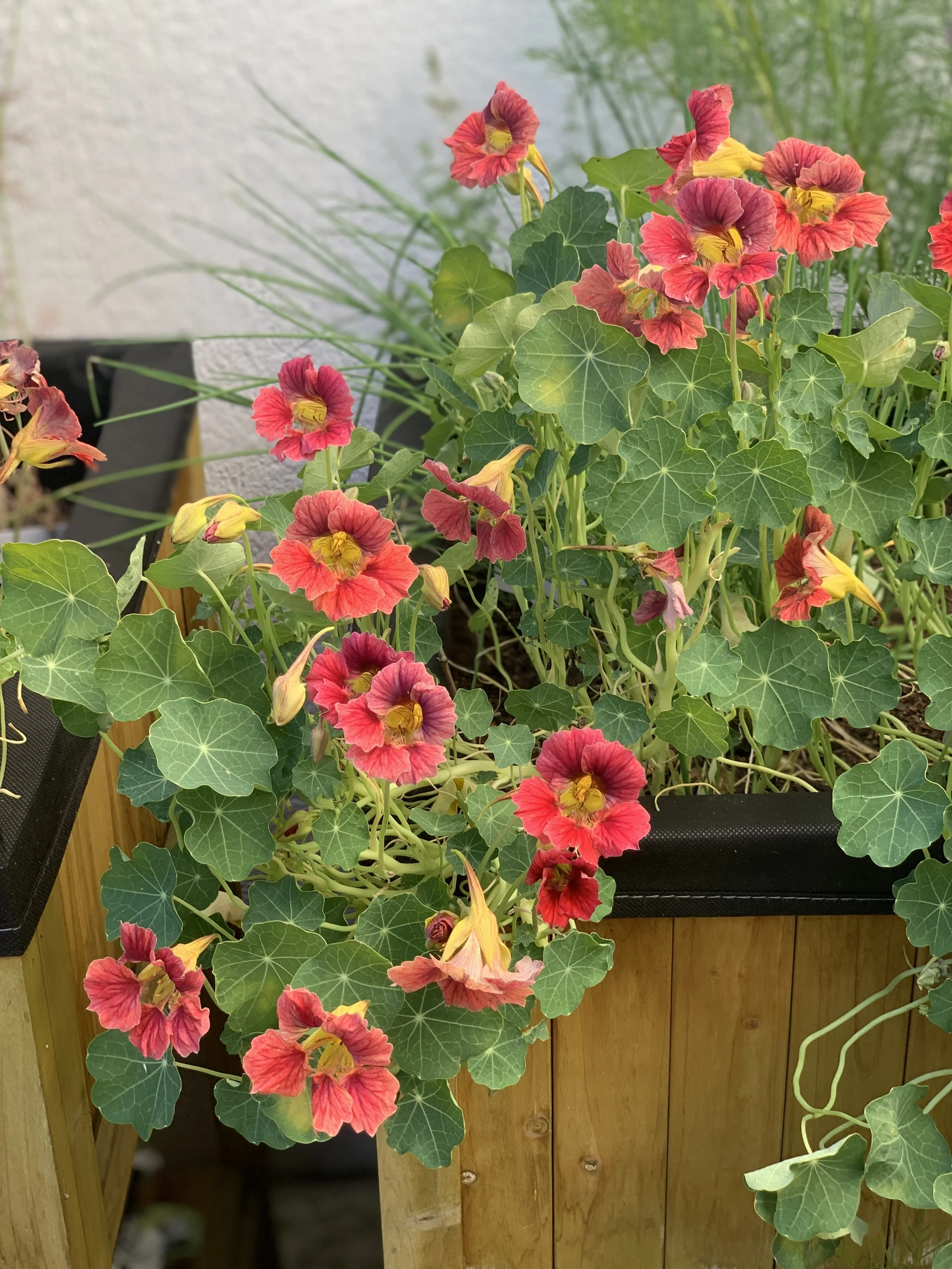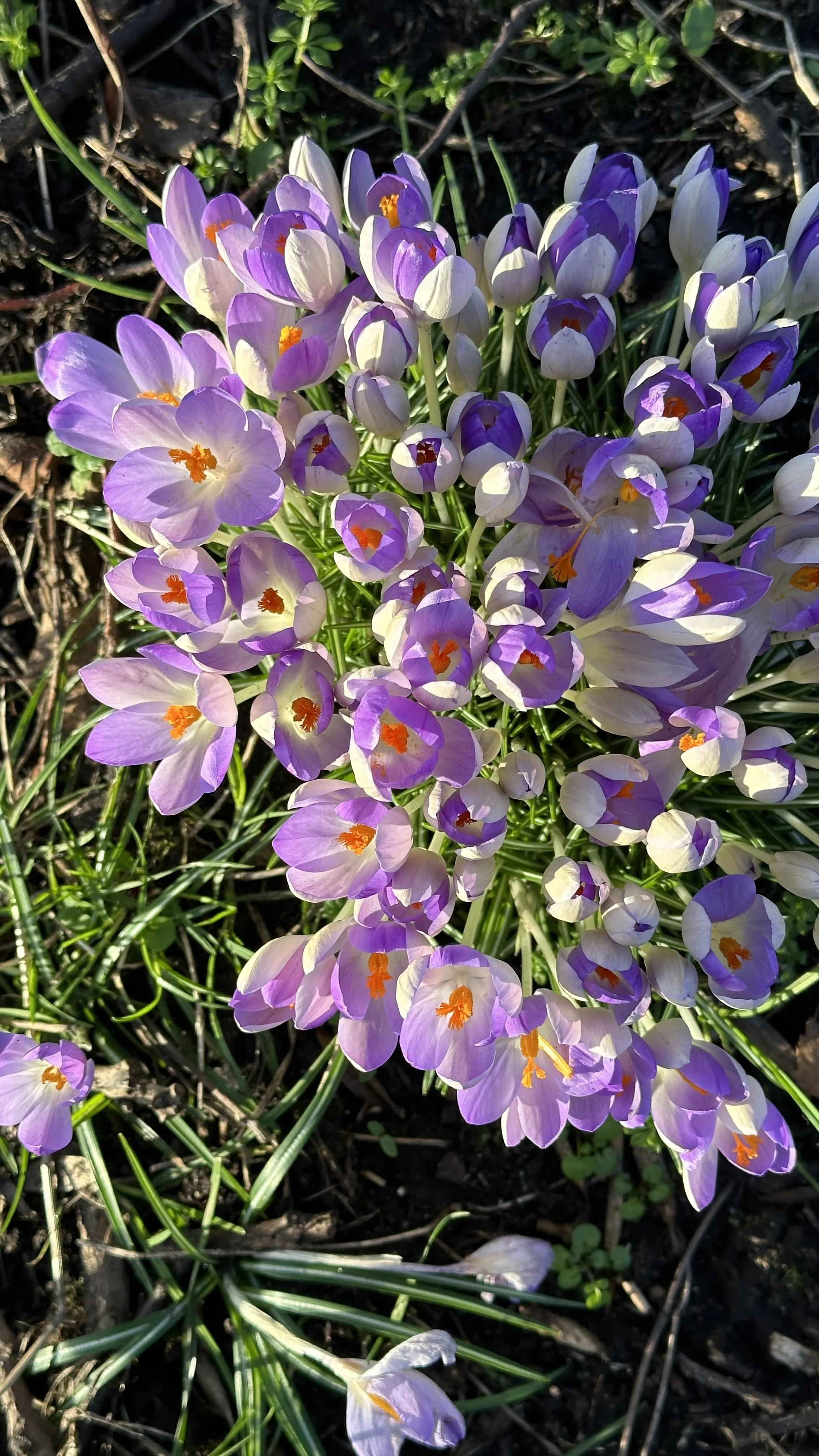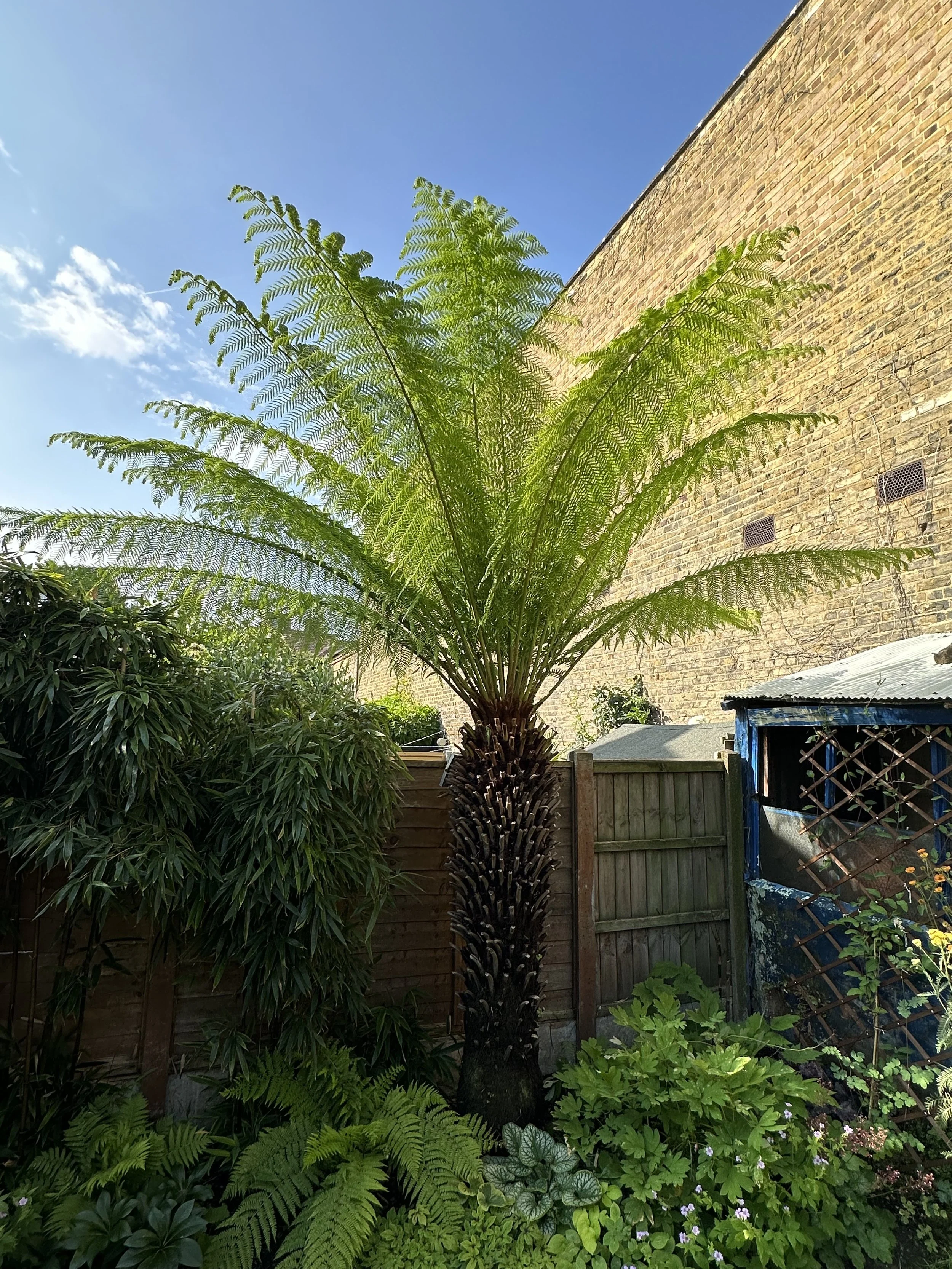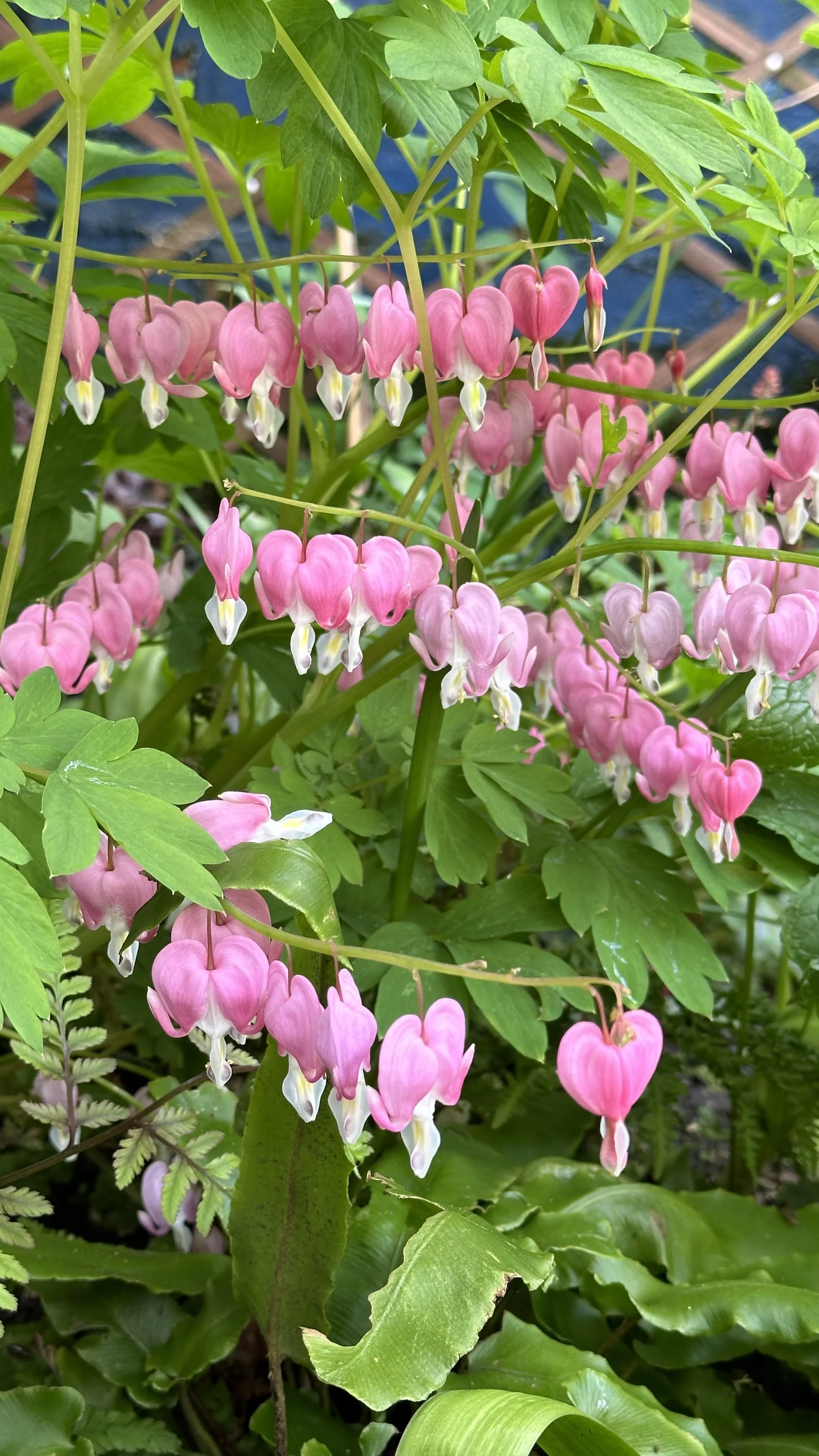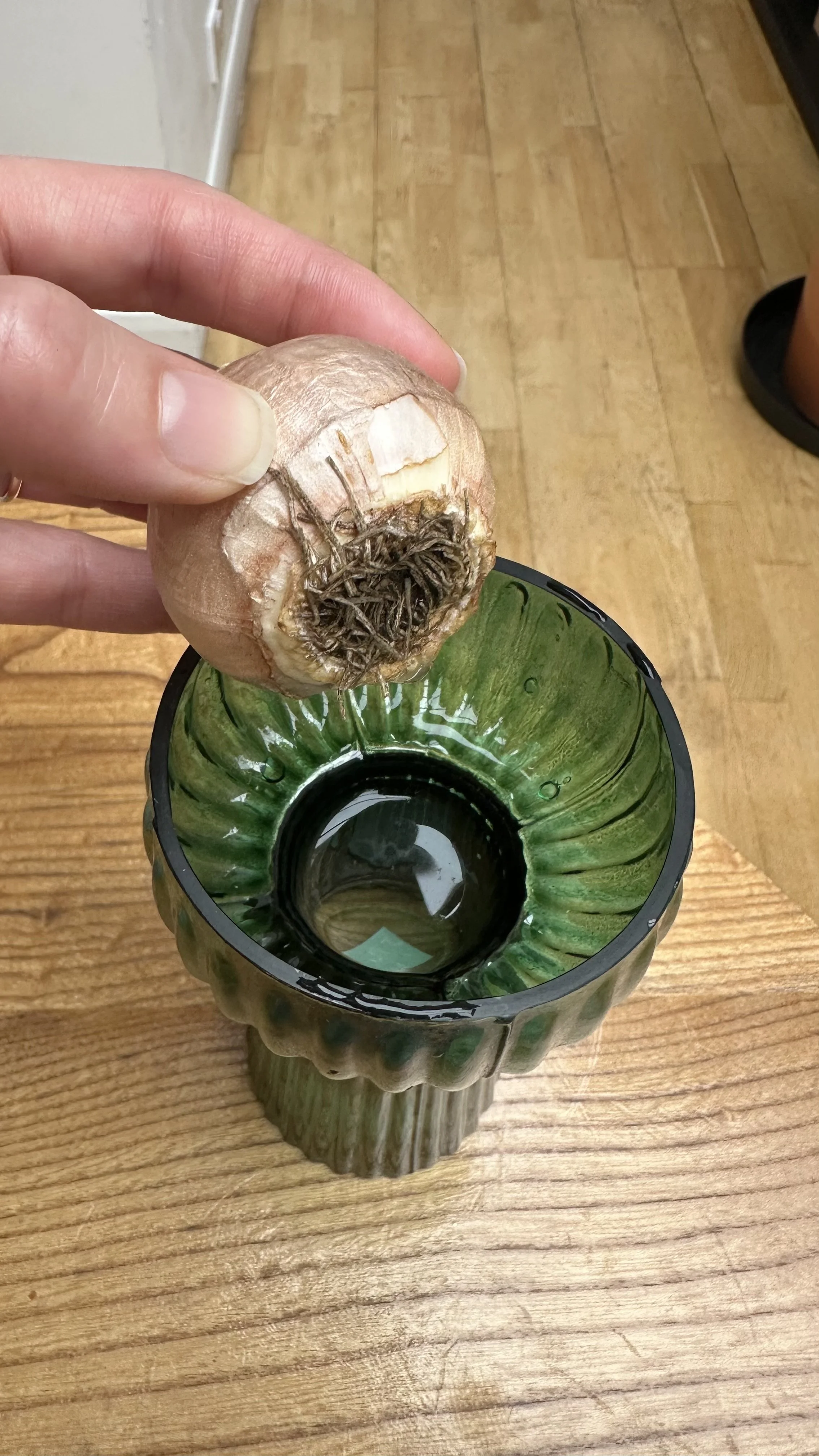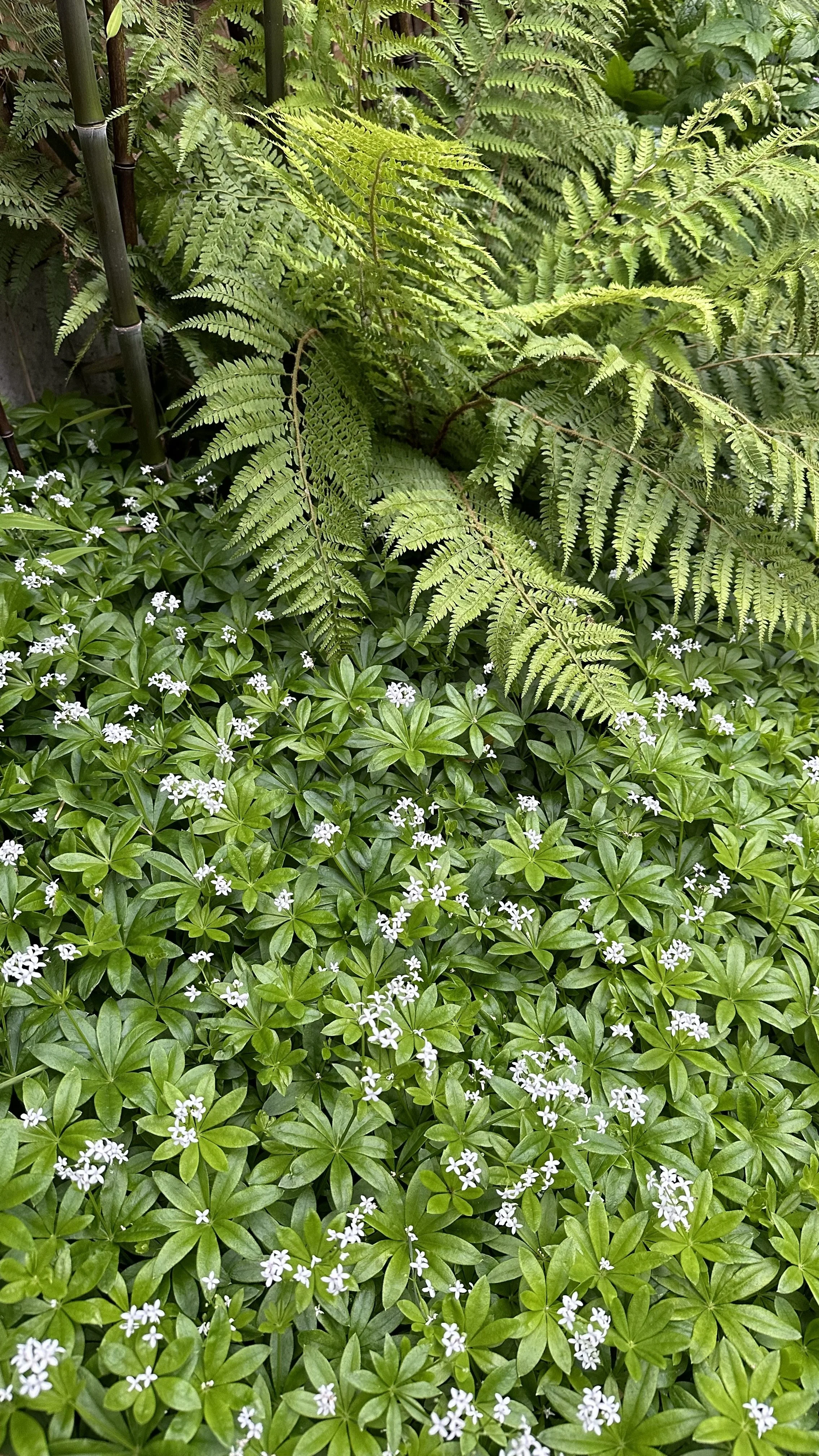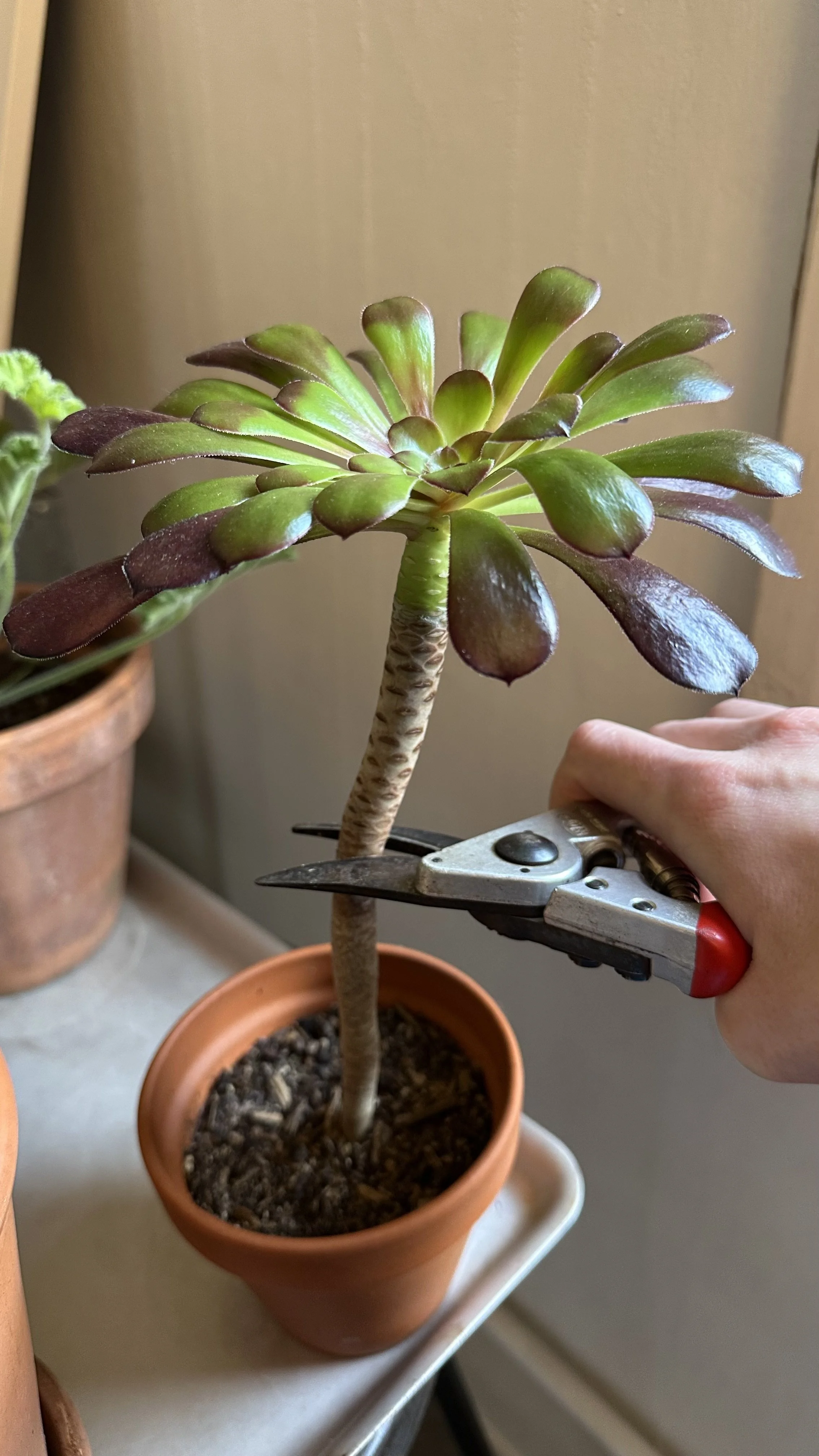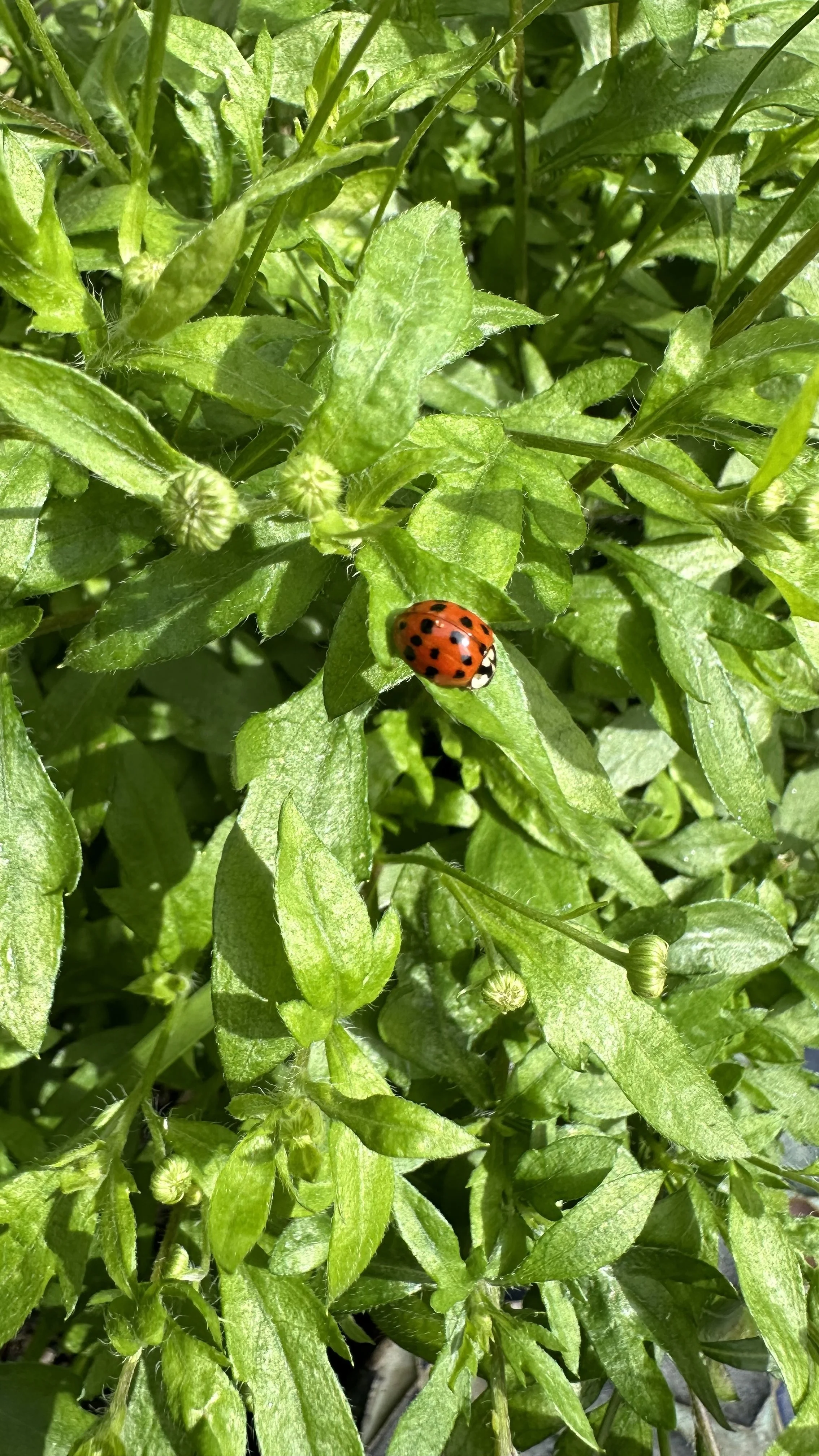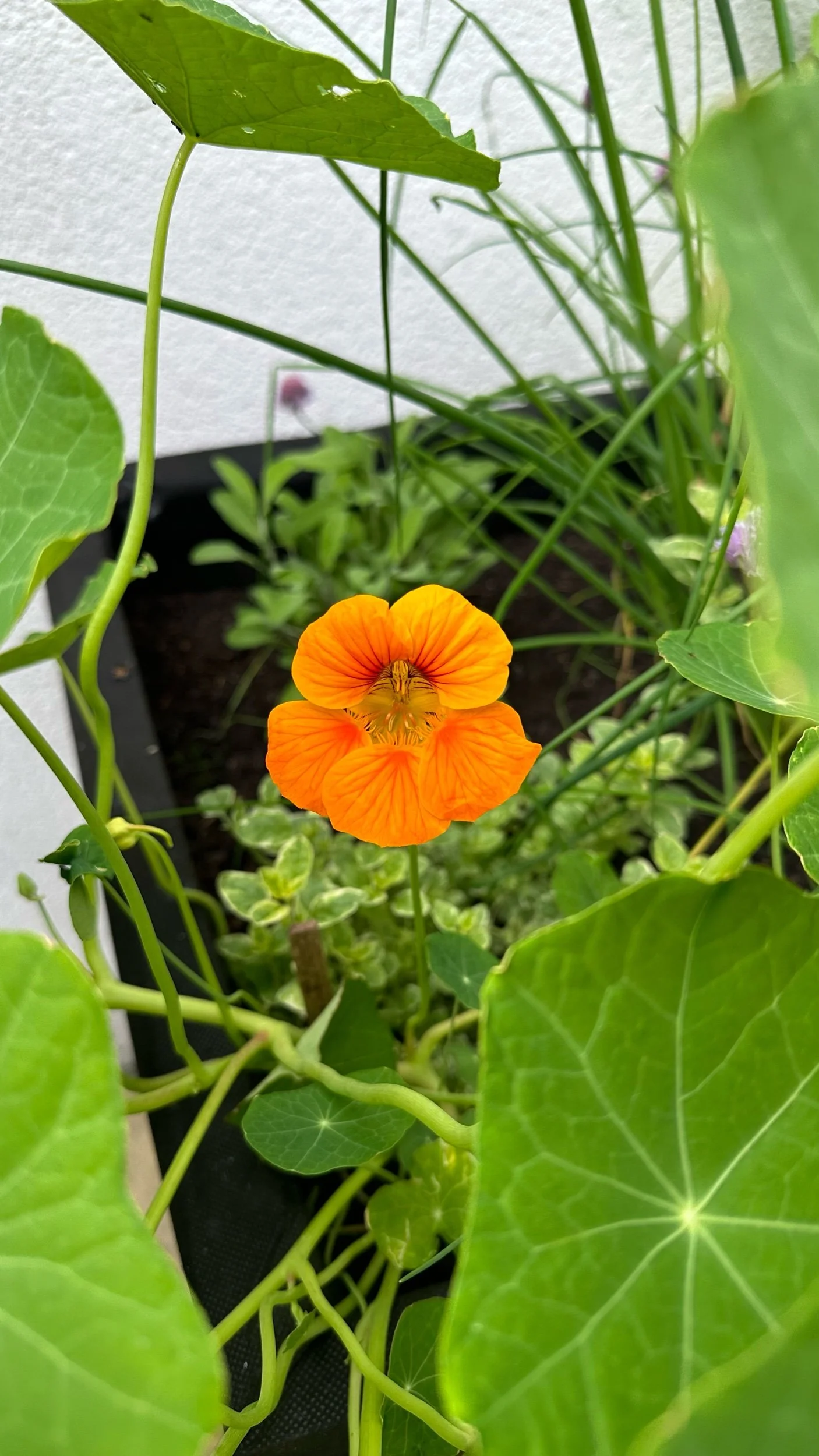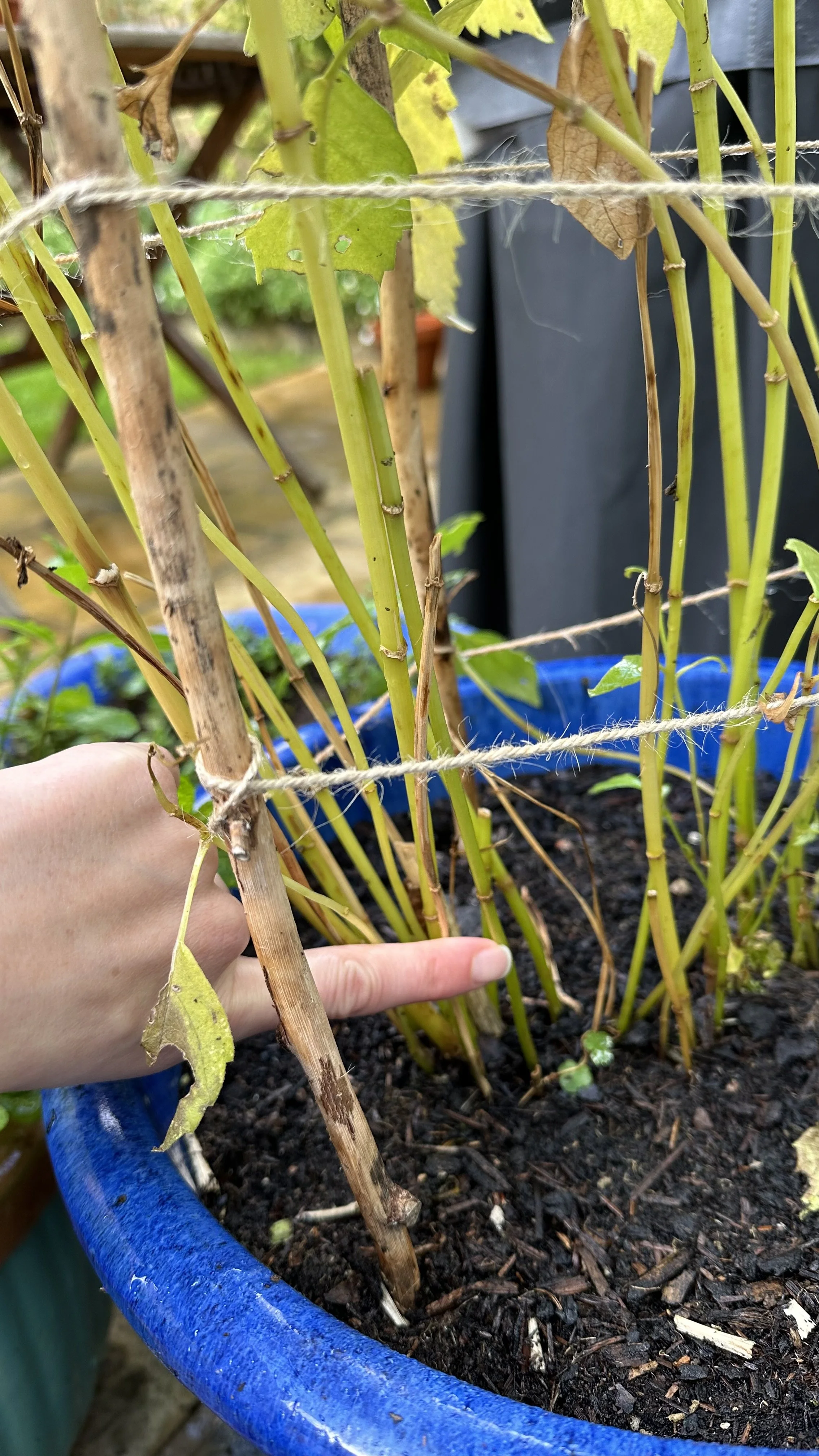The Best Alternatives to Traditional Mulch for Your Garden
This article has links to products that I may make commission from.
Exploring alternative mulching options is an essential aspect of modern gardening and landscaping.
Mulching is a time-honored practice, fundamental for healthy plant growth, moisture conservation, and aesthetic enhancement of gardens and landscapes.
Traditionally, gardeners have relied on organic mulch like wood chips or bark.
However, the evolving needs of diverse landscapes, environmental considerations, and the desire for innovative gardening techniques have led to the exploration of a variety of alternative mulching materials.
The shift from traditional mulching methods to alternative options is driven by several factors.
While organic mulches like wood chips and straw have their benefits, they also present challenges such as frequent replenishment, potential pest problems, and limited aesthetic choices.
This has prompted gardeners and landscapers to seek out alternatives that offer longevity, unique visual appeal, and specific functional benefits that traditional mulches might not provide.
The world of alternative mulching is rich and varied, offering solutions that cater to different needs and preferences.
From eco-friendly organic alternatives that enrich the soil to durable and aesthetically diverse inorganic options, these alternatives open up new possibilities in garden design and maintenance.
Whether it's for a home garden, a public park, or a commercial landscape, these alternative mulching options can provide effective solutions for weed control, soil health, moisture retention, and decorative landscaping.
In this guide, we will journey through various categories of mulch alternatives, including organic mulches like pine needles and grass clippings, recycled options like rubber mulch, and inorganic choices like rock and synthetic mulches.
We'll delve into their advantages, consider their environmental impact, and provide practical tips for their use.
Our goal is to offer you insights and guidance on selecting the best mulch alternative for your specific gardening or landscaping needs.
Join us as we explore the dynamic world of alternative mulching, a realm where functionality meets innovation, and sustainability aligns with aesthetic appeal.
Whether you are a seasoned gardener or a landscape architect, this guide aims to enrich your understanding and inspire your choices in garden care.
To learn more about how to make your garden more sustainable, check out my guides:
Organic Mulch Alternatives
Organic mulch alternatives are not only eco-friendly but also contribute positively to the health and fertility of your garden soil.
Here, we'll delve into a few key options that offer various benefits for your garden beds.
Pine Needles
Pine needles, often overlooked, are an excellent mulch alternative.
They're especially suited for acid-loving plants, as they can slightly lower the pH of the soil over time.
Pine needles are lightweight, easy to spread, and provide a unique aesthetic with their fine texture.
They're excellent for suppressing weed growth, and their natural decomposition enriches the soil with organic matter.
Here is the pine needle mulch I recommend:
Straw
Straw is another sustainable mulch alternative that is particularly beneficial in vegetable gardens.
It keeps the soil cool and moist, which is ideal for the growth of vegetables.
Straw also helps in preventing soil erosion and compaction.
As it breaks down, it adds organic matter to the soil, improving its structure and fertility.
Here is the straw mulch I recommend:
Grass Clippings
Grass clippings are an abundantly available and cost-effective mulch alternative.
They are rich in nitrogen, making them an excellent choice for fertilizing your lawn or garden naturally.
When used as mulch, grass clippings help retain moisture in the soil and suppress weed growth.
It's important to apply them in thin layers to prevent matting and to ensure they are free of weed seeds and pesticides.
Leaves
Leaves are a natural byproduct of your garden and can be recycled back into it.
They provide an excellent cover for garden beds, helping to retain moisture and regulate soil temperature.
As leaves decompose, they enrich the soil with essential nutrients.
Shredded leaves are preferable as they decompose faster and are less likely to form a mat that prevents water and air penetration.
Benefits of Organic Mulches
Organic mulches, such as pine needles, grass clippings, leaves, and straw, offer several benefits.
They help in retaining soil moisture, reducing the need for frequent watering.
These materials also suppress weed growth naturally, minimizing the need for chemical herbicides.
As they decompose, they add valuable organic matter to the soil, enhancing its structure and nutrient content.
This process also encourages the activity of beneficial soil organisms like earthworms.
When using organic mulches, it's essential to consider the source of the material to avoid introducing weed seeds or pests into your garden.
It's also important to apply them at the right thickness to prevent issues like mold growth or oxygen depletion in the soil.
For more tips, check out my guide:
Recycled and Sustainable Options
In the quest for environmentally friendly and sustainable gardening practices, recycled and sustainable mulch alternatives have gained popularity.
These options not only serve the functional purposes of mulching but also align with eco-conscious gardening principles.
Landscape Fabric
Landscape fabric is a permeable material that allows water and air to reach the soil while effectively blocking sunlight to suppress weed growth.
It can be used alone or beneath other mulch materials to enhance weed control.
This fabric is a long-lasting solution, reducing the need for frequent mulching.
It's particularly useful in creating a clean and neat appearance in garden beds and around landscape features.
Landscape fabric is an excellent choice for those seeking a low-maintenance alternative that still provides the benefits of traditional mulching.
Here is the landscape fabric I recommend:
Green Alternatives to Mulch
Beyond traditional materials, green alternatives like compost, living ground covers, and recycled organic matter can also serve as effective mulch.
Compost not only suppresses weeds but also enriches the soil with nutrients, making it a dual-purpose option.
Living ground covers, such as low-growing plants or grasses, provide a natural and living alternative to traditional mulch, enhancing the biodiversity of the garden.
Here is the organic compost I recommend:
Benefits of Recycled and Sustainable Mulches
Recycled and sustainable mulches are not only beneficial for the garden but also contribute positively to the environment.
They repurpose waste materials, reduce landfill use, and offer a sustainable approach to gardening.
These alternatives often require less frequent replacement than organic mulches, making them a cost-effective and time-saving choice for gardeners.
When opting for recycled and sustainable mulch options, it's important to consider their impact on the soil and local ecosystem.
For instance, rubber mulch should be used where soil nutrient enrichment is not a primary concern.
Landscape fabric, while effective for weed control, might not be suitable for all types of plants, especially those requiring richer soil conditions.
Inorganic Mulch Alternatives
Inorganic mulches are non-living materials used in gardens and landscapes.
These alternatives, while not improving soil fertility, offer unique benefits in terms of durability, maintenance, and aesthetics.
Rock and Pebble Mulch
Rock mulch, including pebble, gravel, or larger stones like river rock, is a popular inorganic alternative.
It's especially useful in xeriscaping and arid landscaping designs where water conservation is a priority.
Rock mulch doesn't degrade over time, making it a long-lasting choice.
It's effective in suppressing weed growth and can help in soil temperature regulation.
Additionally, rocks add a natural, rugged aesthetic to garden beds and are available in various sizes, shapes, and colors, allowing for creative landscaping ideas.
Note from one of our readers in the comments section below to be aware of: Over time rock and pebble mulch can mix with the soil and transform it into rocky soil.
Here is the pebble mulch I recommend:
Synthetic Mulches
Synthetic mulches, such as plastic sheeting or geotextiles, are another category of inorganic mulch.
They're particularly useful in vegetable gardens or in areas where intensive weed control is needed.
Plastic sheeting can warm the soil, making it beneficial for heat-loving crops.
It also helps in moisture retention and can reduce the need for irrigation.
However, synthetic mulches don't allow for natural soil aeration and can interfere with the soil's natural ecosystem if not used properly.
Here is the geotextile mulch I recommend:
Decorative Glass and Other Materials
Decorative glass mulch or recycled tumbled glass is an innovative and aesthetic option.
It's available in various colors, adding a unique visual element to the garden.
This type of mulch is ideal for areas where you want to draw attention or create a focal point.
However, it's essential to use it where it won't pose a hazard, especially in areas frequented by children and pets.
Here is the decorative glass I recommend:
Benefits of Inorganic Mulches
Inorganic mulches are low-maintenance and durable.
They don't need to be replenished annually, making them a cost-effective option in the long run.
These materials can also provide a neat and tidy appearance to garden beds and landscapes.
Additionally, inorganic mulches like rock and synthetic materials can be effective in areas prone to pests, as they don't attract insects or rodents.
While inorganic mulches have their advantages, they don't improve soil fertility or structure as organic mulches do.
It's also important to consider their environmental impact, particularly synthetic options, which may not be as eco-friendly.
When choosing inorganic mulches, consider the needs of your plants, the local climate, and the overall design of your garden or landscape.
Advantages of Alternative Mulching
Exploring alternative mulching options can offer a range of benefits, from environmental sustainability to unique aesthetic appeal.
Here we highlight some of the key advantages of choosing alternative mulches over traditional ones.
Enhanced Soil Health and Fertility (for Organic Alternatives)
Organic mulch alternatives, such as grass clippings, leaves, and straw, contribute significantly to soil health.
As they decompose, they enrich the soil with essential nutrients and improve its structure, promoting better root growth and enhancing the overall fertility of the garden soil.
This natural process also encourages beneficial microbial activity, which is vital for a healthy soil ecosystem.
Longevity and Durability (for Inorganic Alternatives)
Inorganic mulches, like rubber, rock, or synthetic materials, are known for their durability.
They do not decompose, which means they do not need to be replaced as frequently as organic mulches.
This long-lasting nature makes them a cost-effective option in the long run, especially in areas where mulch needs to be replenished regularly due to environmental factors.
Pest Control
Certain alternative mulches, particularly inorganic types like rubber or rock, are less attractive to pests compared to organic options.
This can be a significant advantage in reducing pest infestations in the garden, leading to healthier plants and reduced reliance on chemical pest control methods.
Aesthetic Diversity
Alternative mulching options provide a wide array of aesthetic choices for landscaping.
From the varied colors of rubber mulch to the natural elegance of rock and pebble mulch, these alternatives offer unique visual appeal.
They can be used to create contrasting colors, textures, and designs in garden beds, enhancing the overall landscaping design.
Environmental Sustainability
Using recycled and sustainable mulch options like recycled rubber or compost contributes positively to environmental sustainability.
These practices reduce waste, promote recycling, and lessen the carbon footprint associated with gardening and landscaping.
Organic alternatives also support the natural ecosystem by providing habitat and food for beneficial insects and microorganisms.
Moisture Retention and Weed Suppression
Most mulching materials, whether organic or inorganic, are effective in retaining soil moisture.
This reduces the need for frequent watering, saving water resources.
Additionally, mulches act as a barrier to weed growth, reducing the need for herbicides and labor-intensive weeding.
Versatility and Specialized Use
Alternative mulches can be selected based on specific needs and conditions of the garden.
For instance, rubber mulch is ideal for playgrounds due to its shock-absorbent properties, while rock mulch is perfect for drought-tolerant landscapes.
This versatility allows gardeners and landscapers to choose the most suitable mulch for their particular requirements.
While alternative mulches offer many benefits, it's important to consider their suitability for specific plant types, garden conditions, and environmental impact. Selecting the right mulch involves balancing these factors to achieve the desired outcome in the garden.
FAQs
What are the benefits of using alternative mulches over traditional wood mulch?
Alternative mulches can offer enhanced pest control, longevity, unique aesthetics, and can be more cost-effective.
They can also be better suited for specific types of gardens or landscaping needs.
Can I use organic mulches in vegetable gardens?
Yes, organic mulches like straw or grass clippings can be used in vegetable gardens.
They help retain moisture and add nutrients to the soil as they decompose.
Are there environmentally friendly mulch alternatives?
Absolutely. Organic options like pine needles, grass clippings, and leaves are environmentally friendly.
Recycled rubber mulch is also a green choice, as it reuses waste materials.
How often do I need to replace alternative mulches like rubber or rock?
Inorganic mulches like rubber or rock are long-lasting and typically don't need to be replaced annually.
However, they may need occasional replenishment or cleaning.
Conclusion
The exploration of alternative mulching options offers an enriching addition to the repertoire of any gardener or landscaper.
Whether your focus is on enhancing the beauty of your lawn, engaging in effective lawn care practices, or seeking innovative gardening tips, these alternatives provide viable solutions.
From the nutrient-rich benefits of organic mulch materials to the low maintenance and aesthetic diversity of inorganic options, there is a mulch alternative to suit every need and preference.
As we embrace these diverse mulching methods, we open ourselves up to a world of possibilities in gardening and landscaping, ensuring our gardens are not only beautiful but also sustainable and efficient.
Let's continue to cultivate our green spaces with these insights, remembering that the right mulch can be the key to a thriving, vibrant garden.


